 Abraham Lincoln
If given the truth, the people can be depended upon to meet any national crisis...
Abraham Lincoln
If given the truth, the people can be depended upon to meet any national crisis...
 Guildford news...
for Guildford people, brought to you by Guildford reporters - Guildford's own news service
Guildford news...
for Guildford people, brought to you by Guildford reporters - Guildford's own news service
Birdwatcher’s Diary No.208
Published on: 23 May, 2020
Updated on: 23 May, 2020
by Malcolm Fincham
Moving into May, the blue skies and sunshine continued. Although still restricted in my ventures I continued to remain up to date as best I could with my photos.
At the same time keeping within the present restrictions that continue to be enforced due to the coronavirus epidemic. Therefore, relying on what I may see in local areas within walking or cycling distance.
A few evening walks on Whitmoor Common allowed me to continue to see and hear Dartford warblers flying low across the heather. They occasionally perched up on gorse or in the small silver birch saplings now in full leaf.
Some of the stonechats could already be seen with their fledglings.
My walk across the heathland led me to a lesser known public footpath, taking me in the direction of St Mary’s Church, in Worplesdon. Recently, I have had several close encounters with a red kite, that always seemed to give the impression it recognised me!
Regularly circling around the field, occasionally perching up to roost within view in one of the tall trees surrounding the churchyard. Often it would come close by overhead, giving me an inquisitive look.
One particular evening I saw it had returned with some supper – a meal fit for a kite! Quite probably the item was already dead when it had picked it up in its talons, as red kites are renown to feed mostly on carrion.
Taking my cumbersome tripod on my walk was for once an advantage. Setting up my camera on it I recorded a few video clips (see above).
As light continued to fade, I decided it was time to head for home. A full moon had already risen as I walked back across the heathland.
An added bonus was the sighting of a “roding” woodcock, silhouetted in the twilight sky.
Night was fast approaching. The planet Venus was rapidly being joined by millions of stars. In spite of the surrounding darkness, I was enlightened by the gentle churring of a distant nightjar. “They’re back,” I exclaimed! Grateful that I didn’t get a reply!
A cycle ride to Triggs Lock at Sutton Green a few evenings later saw what had now become regular sightings of house martins.
Swallows had taken up their annual residence at a horse stable across the field close to the lock.
And swifts could be viewed in flight, overhead.
Rose-ringed parakeets are now also regular sightings from along the towpath. Very vocal and often seen flying in small groups.
Common buzzards and red kites had also become a regular sighting along the way.
Checking some of the holes in several of the gnarled old oaks, I was intrigued by some movement in one. I had hoped it might be a little owl. I was, however, amused as a grey squirrel poked its head out.
It was soon accompanied by a second inquisitive character.
I was also surprised to spot a stock dove poking its head out of one such hole, although not spotting any little owls in any of the holes.
I did, however, get to spot (as in my previous report) a little owl as it flew across a field near where I had seen the previous one.
Common whitethroats were now making up the majority of the sound along the towpath.
Along the backwaters of the River Wey by Triggs Lock, and following a recent report of a whooper swan there, it could be seen once again.
No doubt an escapee from a private collection, having been seen in a group of as many as four in recent years.
An early evening stroll around Britten’s Pond, near Whitmoor Common on May 9 allowed me a little time to chill and be at one with nature.
New life had begun to emerge since my previous visit. The resident greylag geese had produced a healthy clutch of goslings.
The resident Canada geese could also be viewed with their goslings.
The mute swans that had built their nest on one of the islands were now guiding their six young cygnets on what appeared to be their maiden voyage, just in photo shot distance across to the near bank of the pond. As if just to show what proud parents they were, before returning them to their nest.
A pair of common terns had taken up residence, although I am not sure they will stay to breed, unless they use one of the islands on the pond.
I was also able to again capture a picture of a carp jumping.
At the Riverside Nature Reserve near Burpham, a pair of common terns could also be viewed.
These ones had taken up residence on the tern raft that had been put in place on Stoke Lake last summer. “Build it, and they will come!” they say!
While the weather continued to remain dry and sunny for the most part, I chanced my luck in adding a few new butterflies to this year’s sightings.
An afternoon walk on Pewley Down turned out to be quite a productive one.
Small blue butterflies had begun to emerge.
Along with dingy skippers.
Green hairstreaks could also seen in reasonable number.
Also adding a grizzled skipper.
Speckled wood.
Small heath butterflies had also recently emerged.
Also adding to the day’s sightings were brimstone butterflies.
A peacock butterfly.
And a Mother Shipton’s moth.
I also found time to check up on Hugh Coakley’s fascinating Guildford Dragon NEWS story about tawny owlets that had been relocated to their nest having fallen 35 feet from a tree in Gravetts Lane in Worplesdon, on April 22.
Intrigued by their welfare having gone through their ordeal, I was fortunate to discover one of the tawny owlets still at the nest site on May 11.
As well as a few photos. And over several evenings I was also able to spot a second one.
The adults no doubt watching over them remained too elusive and cleverly hidden for my eyes to spot.
Responses to Birdwatcher’s Diary No.208
Leave a Comment Cancel replyPlease see our comments policy. All comments are moderated and may take time to appear. Full names, or at least initial and surname, must be given.
Recent Articles
- Stage Dragon: Murder on the Orient Express – Yvonne Arnaud Theatre
- Letter: GBC Improvement Work Was Hampered By Its Culture
- Letter: Half and Half is the Solution for Clandon House
- Camberley’s House of Fraser To Be Left Mothballed
- HRA Report Shows Overspend and Possible Fraud Occurred Despite Many Warnings
- Letter: Those in Elected Office Should Refrain from Deliberately Misleading the Public
- Cup Run Ends After City Fade in Second Half
- Press Regulator Condemns Behaviour of News Group Newspapers
- MP Says Raw Sewage Flooding Gardens Is ‘Absolutely Disgusting’ – ‘Thames Water Must Stop It’
- Opinion: We Should Restore Clandon House


Recent Comments
- Jim Allen on Letter: GBC Improvement Work Was Hampered By Its Culture
- Jules Cranwell on HRA Report Shows Overspend and Possible Fraud Occurred Despite Many Warnings
- George Potter on HRA Report Shows Overspend and Possible Fraud Occurred Despite Many Warnings
- Richard Benson on Letter: Those in Elected Office Should Refrain from Deliberately Misleading the Public
- Valerie Thompson on Opinion: We Should Restore Clandon House
- Frank Ayling on Where Is This? No.221
Search in Site
Media Gallery
Dragon Interview: Local Artist Leaves Her Mark At One of England’s Most Historic Buildings
January 21, 2023 / No Comment / Read MoreDragon Interview: Lib Dem Planning Chair: ‘Current Policy Doesn’t Work for Local People’
January 19, 2023 / No Comment / Read MoreA3 Tunnel in Guildford ‘Necessary’ for New Homes, Says Guildford’s MP
January 10, 2023 / No Comment / Read More‘Madness’ for London Road Scheme to Go Ahead Against ‘Huge Opposition’, Says SCC Leader
January 6, 2023 / No Comment / Read MoreCouncillor’s Son Starts Campaign for More Consultation on North Street Plan
December 30, 2022 / No Comment / Read MoreCounty Council Climbs Down Over London Road Works – Further ‘Engagement’ Period Announced
December 14, 2022 / No Comment / Read MoreDragon Interview: GBC Reaction to the Government’s Expected Decision to Relax Housing Targets
December 7, 2022 / No Comment / Read MoreHow Can Our Town Centre Businesses Recover? Watch the Shop Front Debate
May 18, 2020 / No Comment / Read More



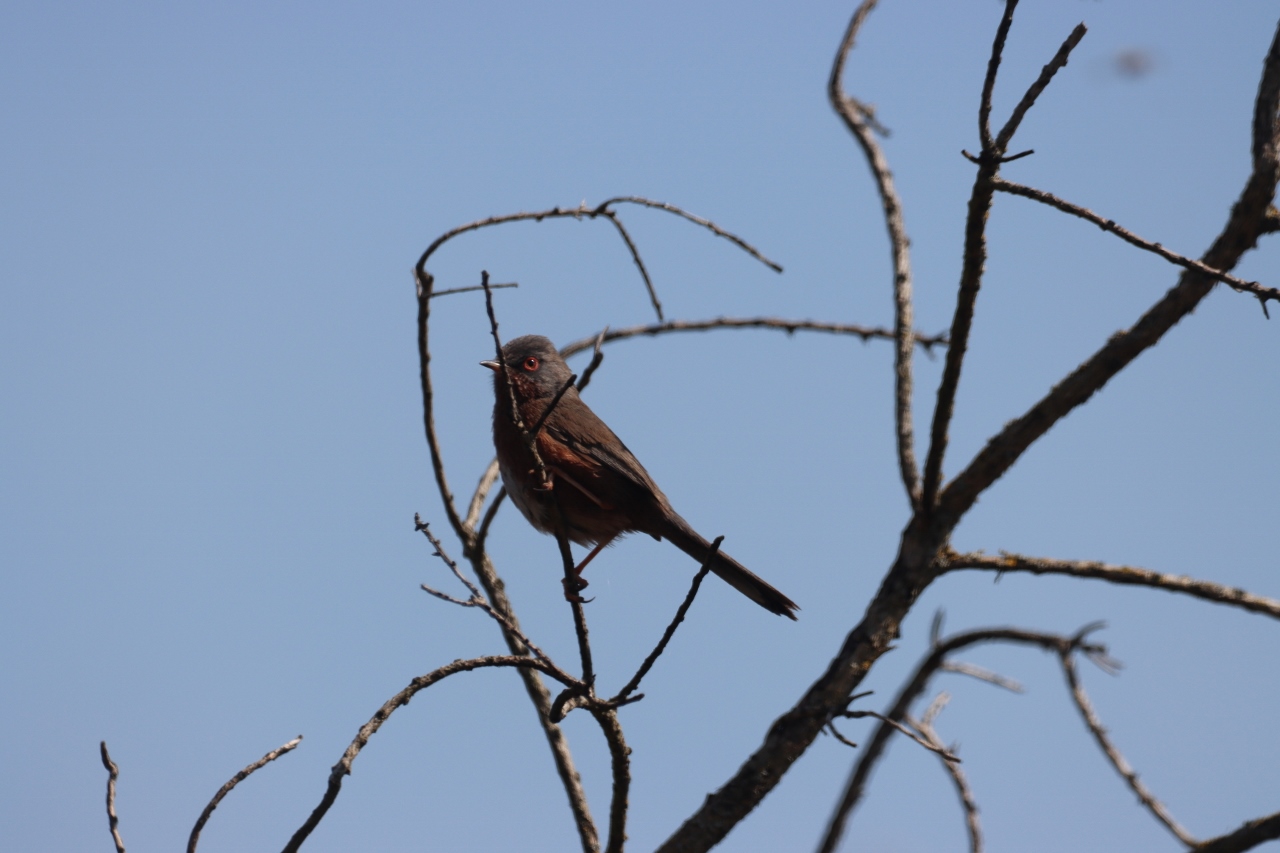
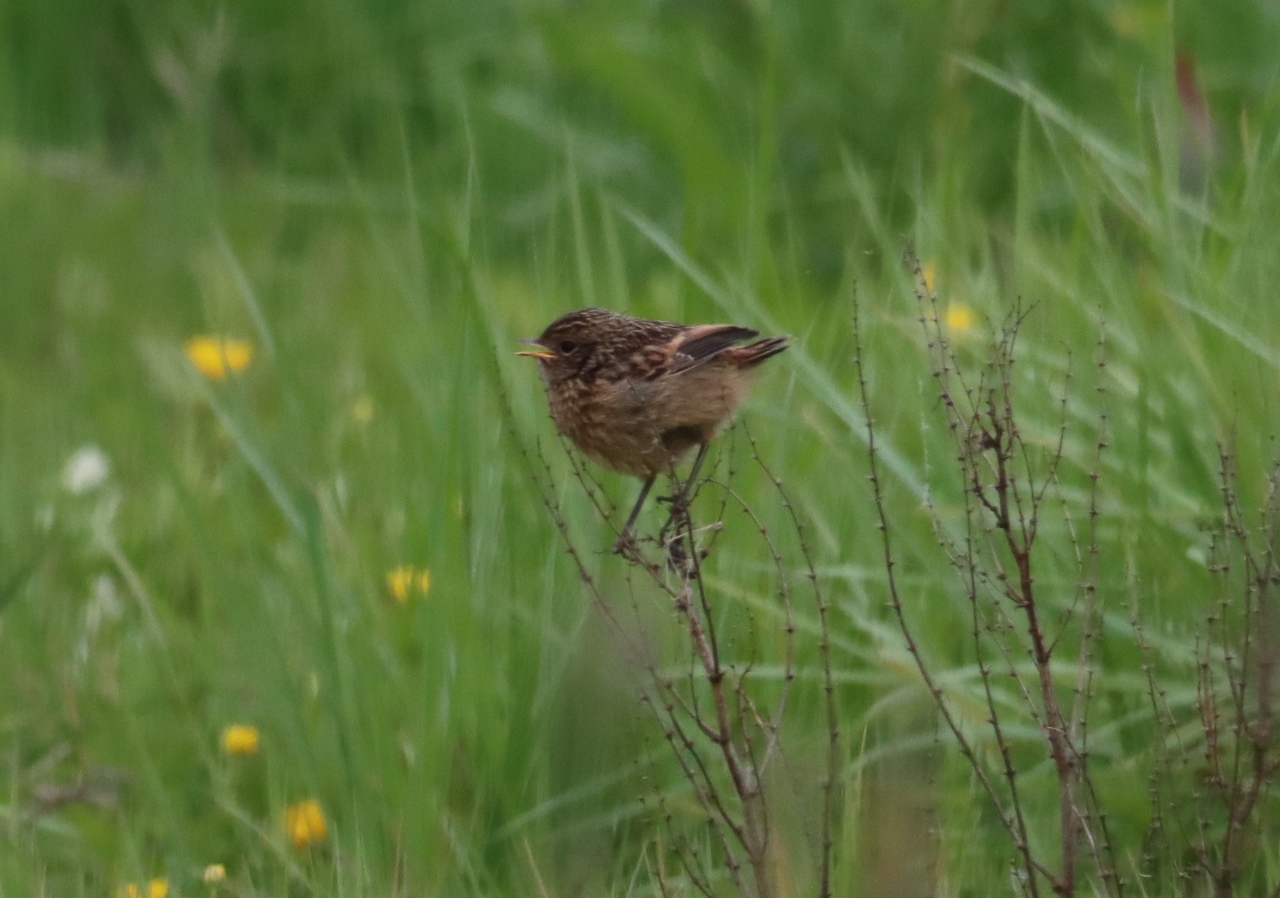
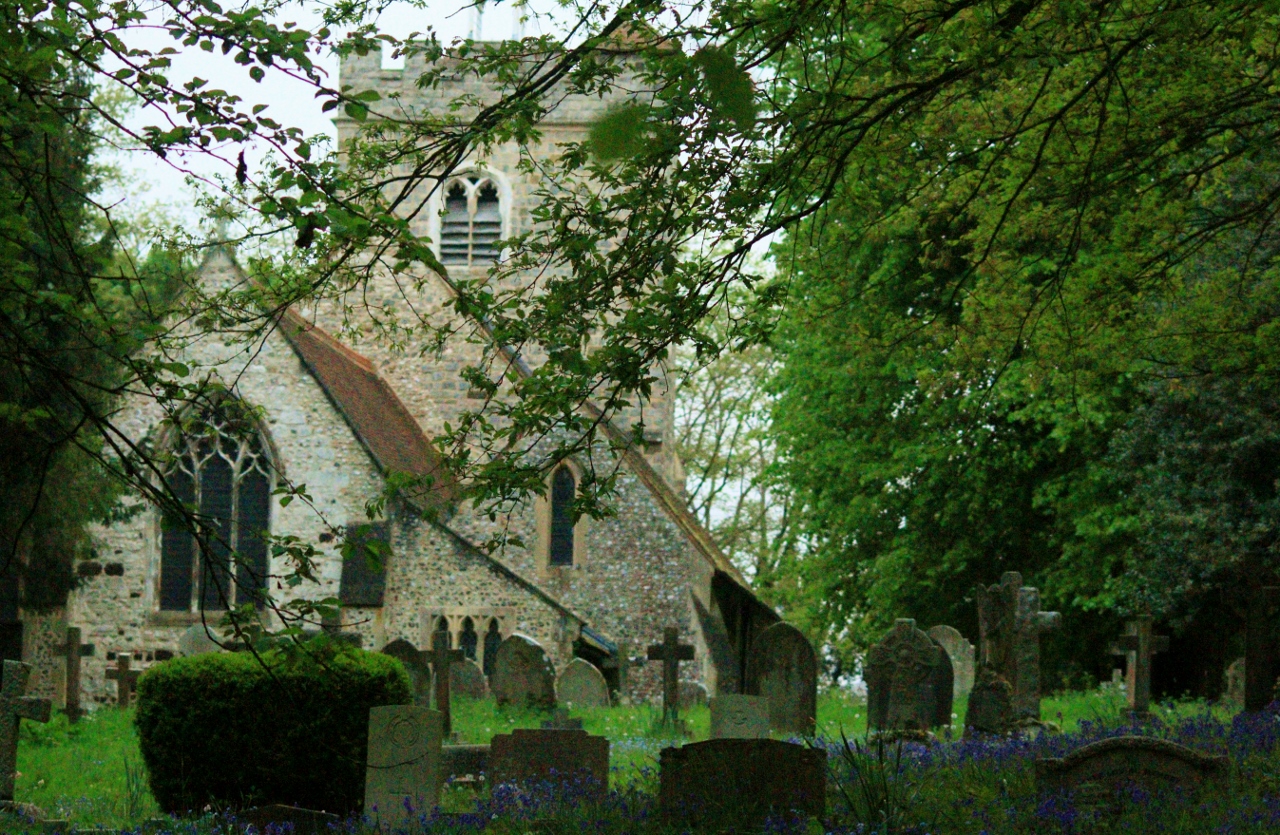
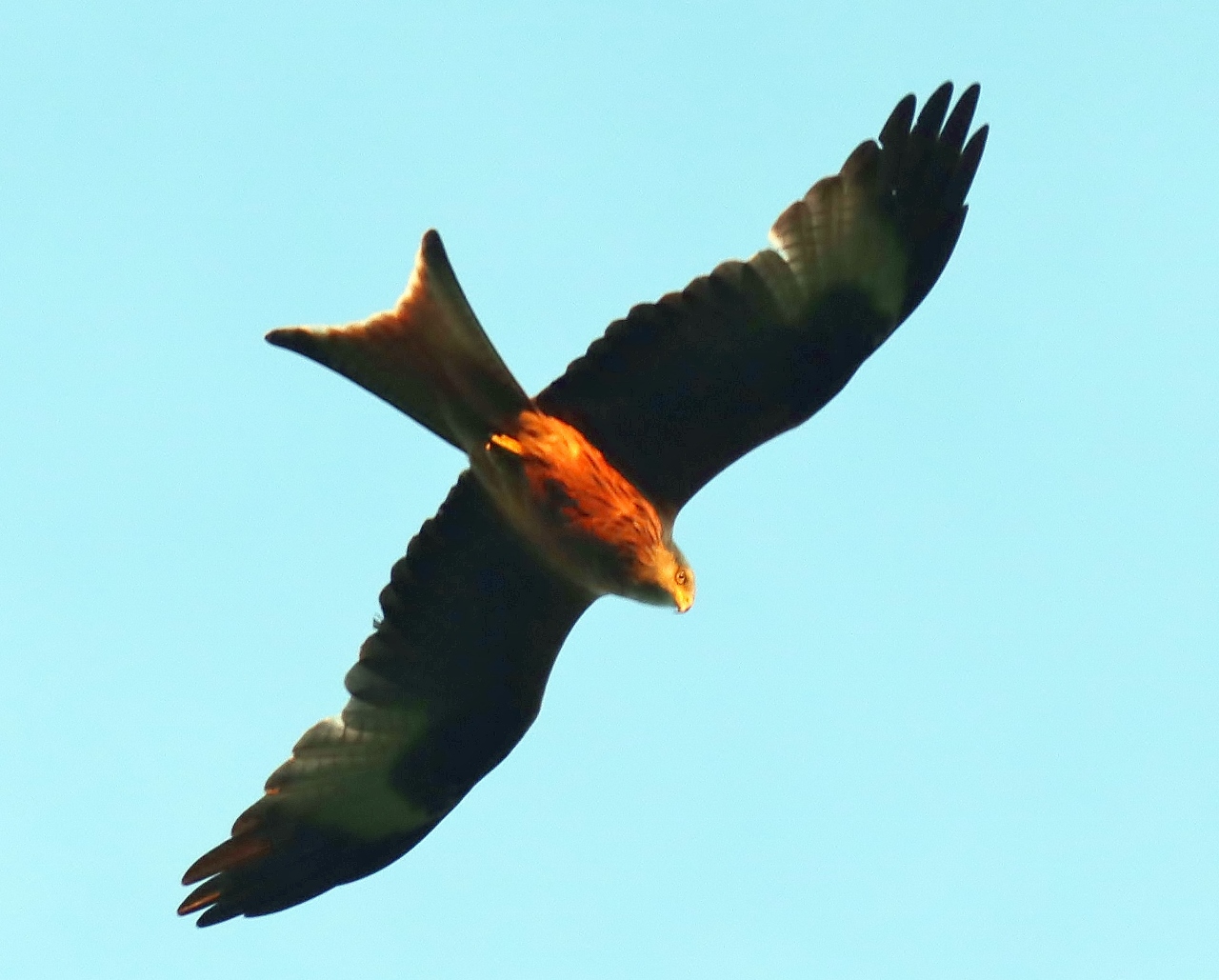
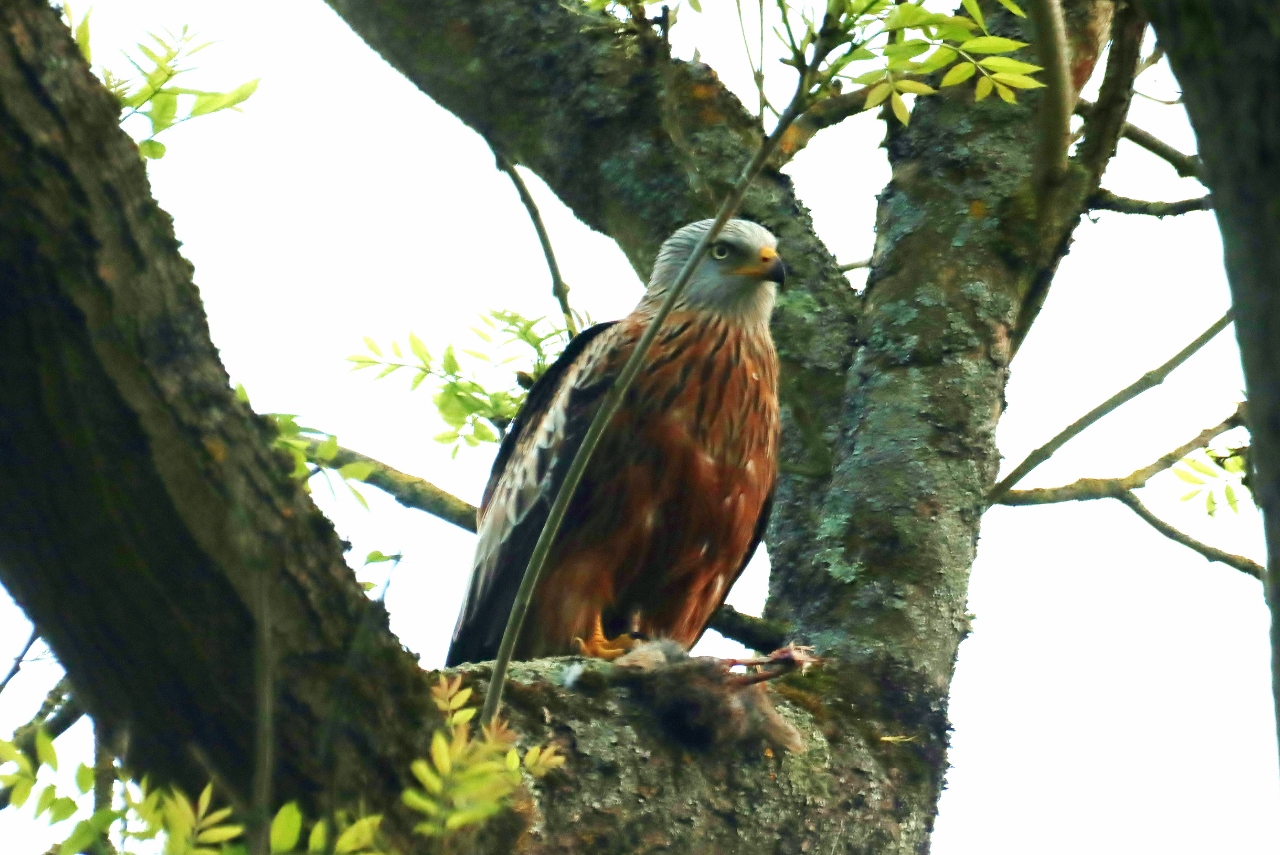
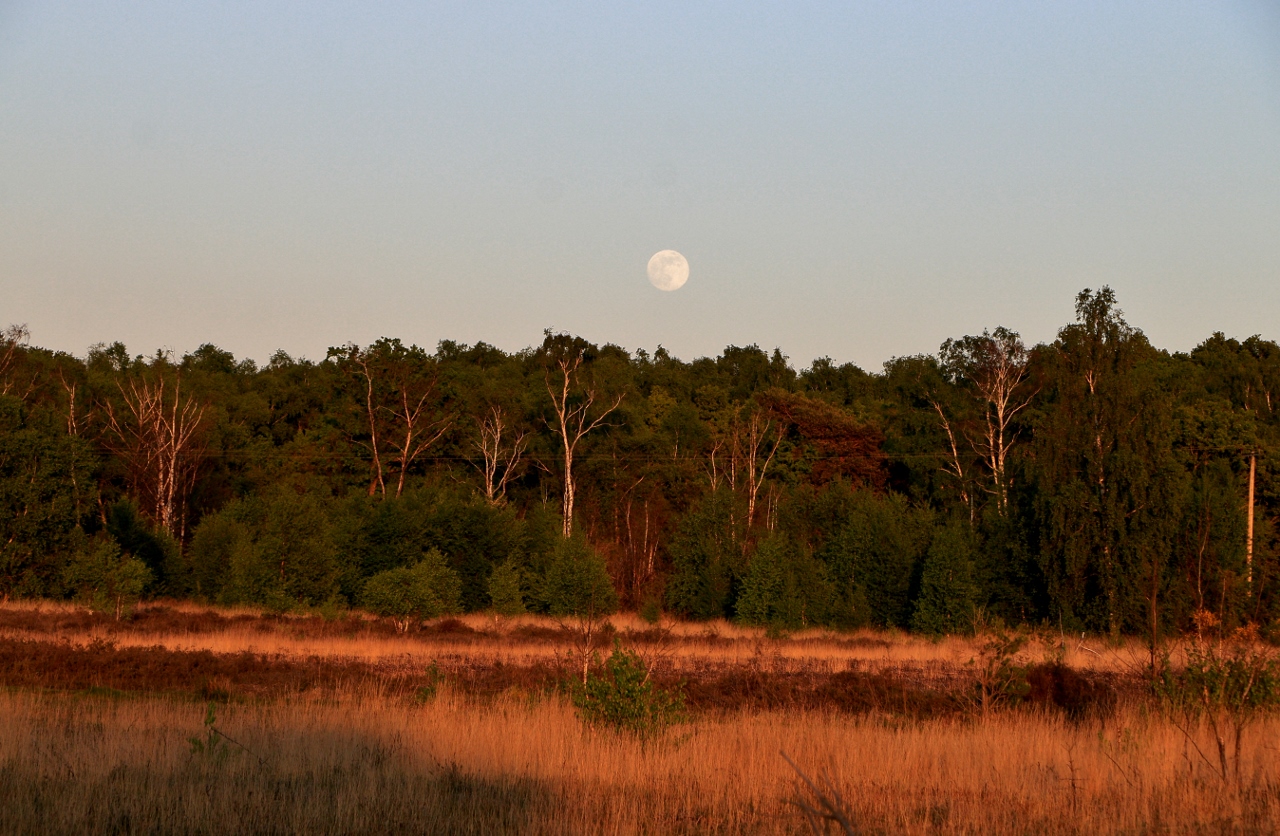
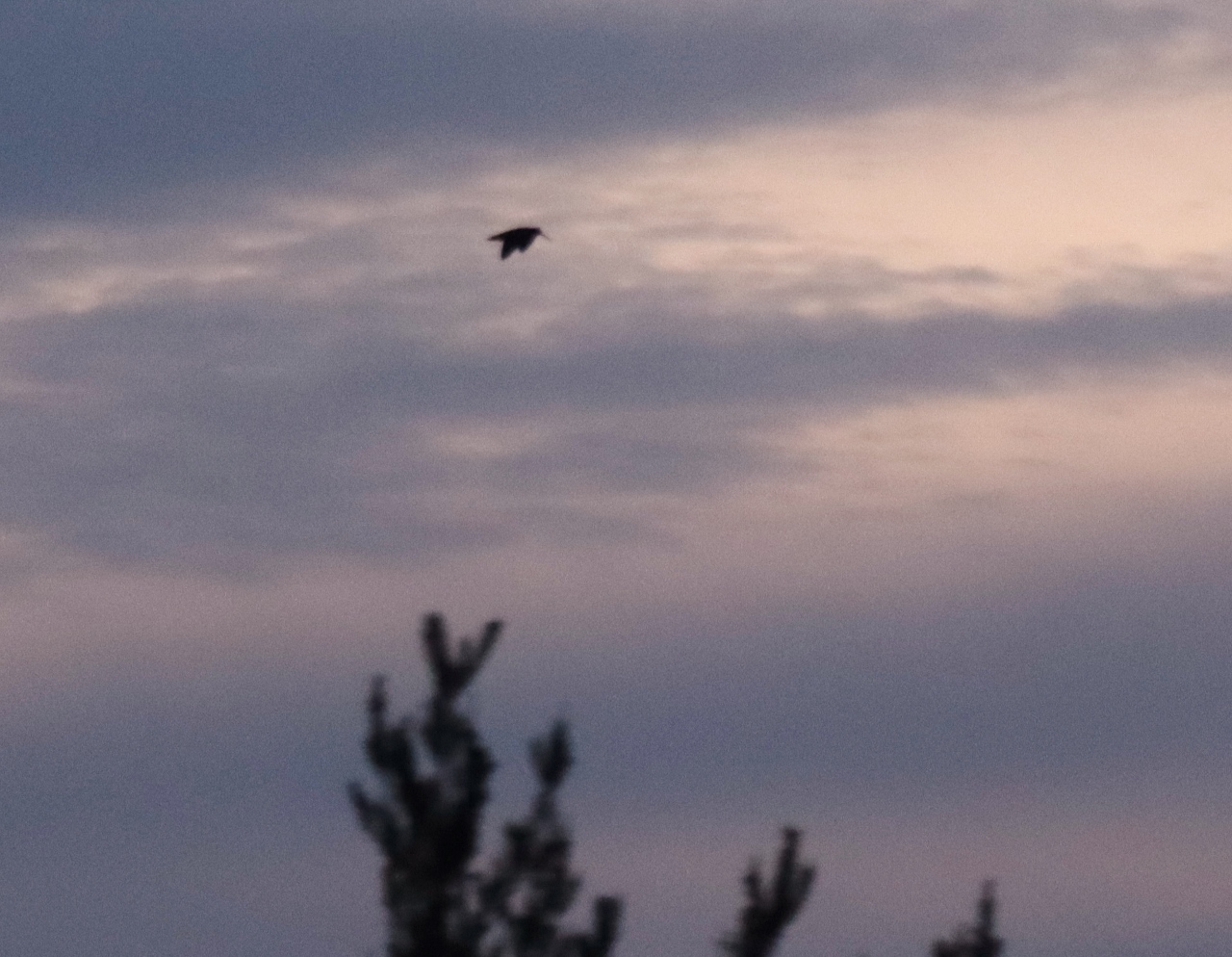
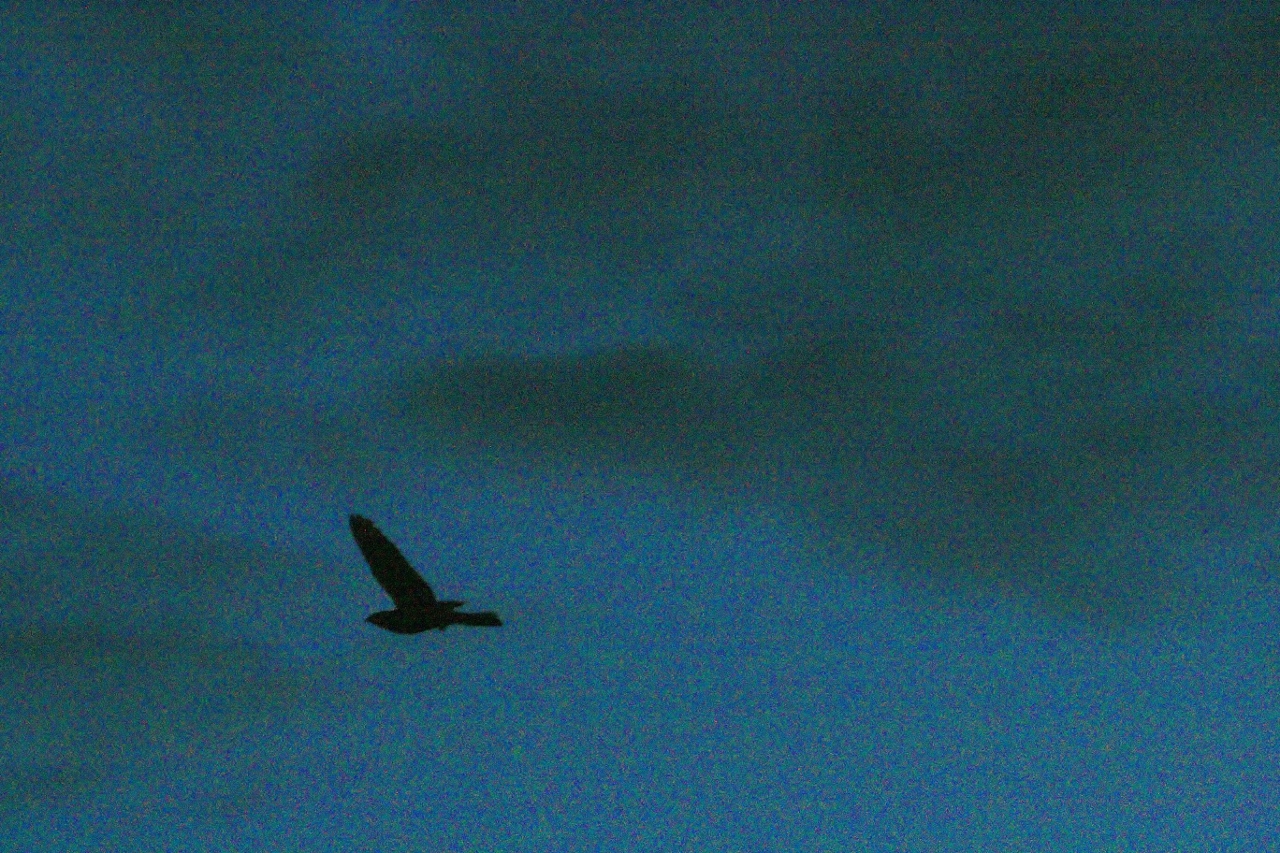
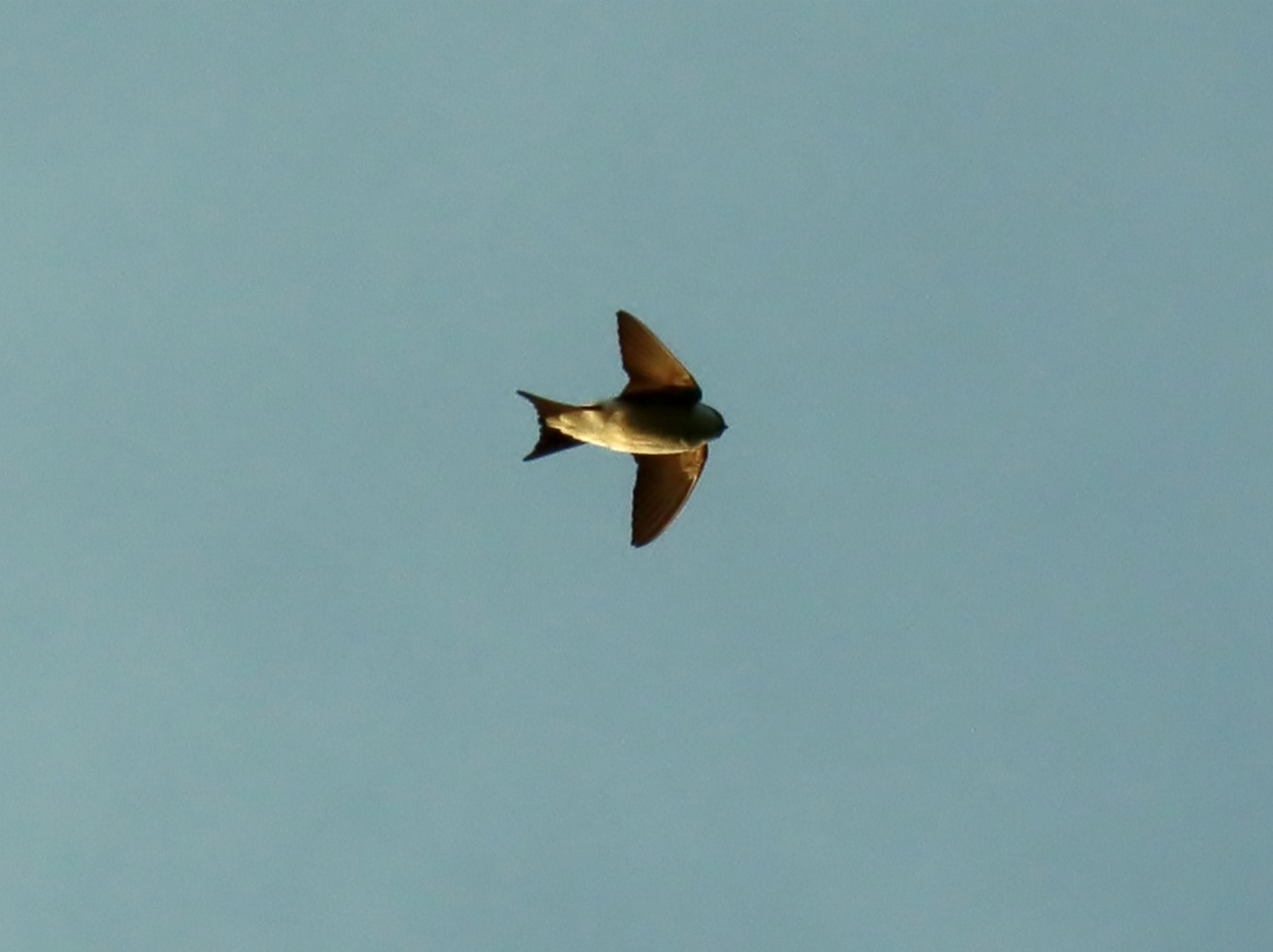
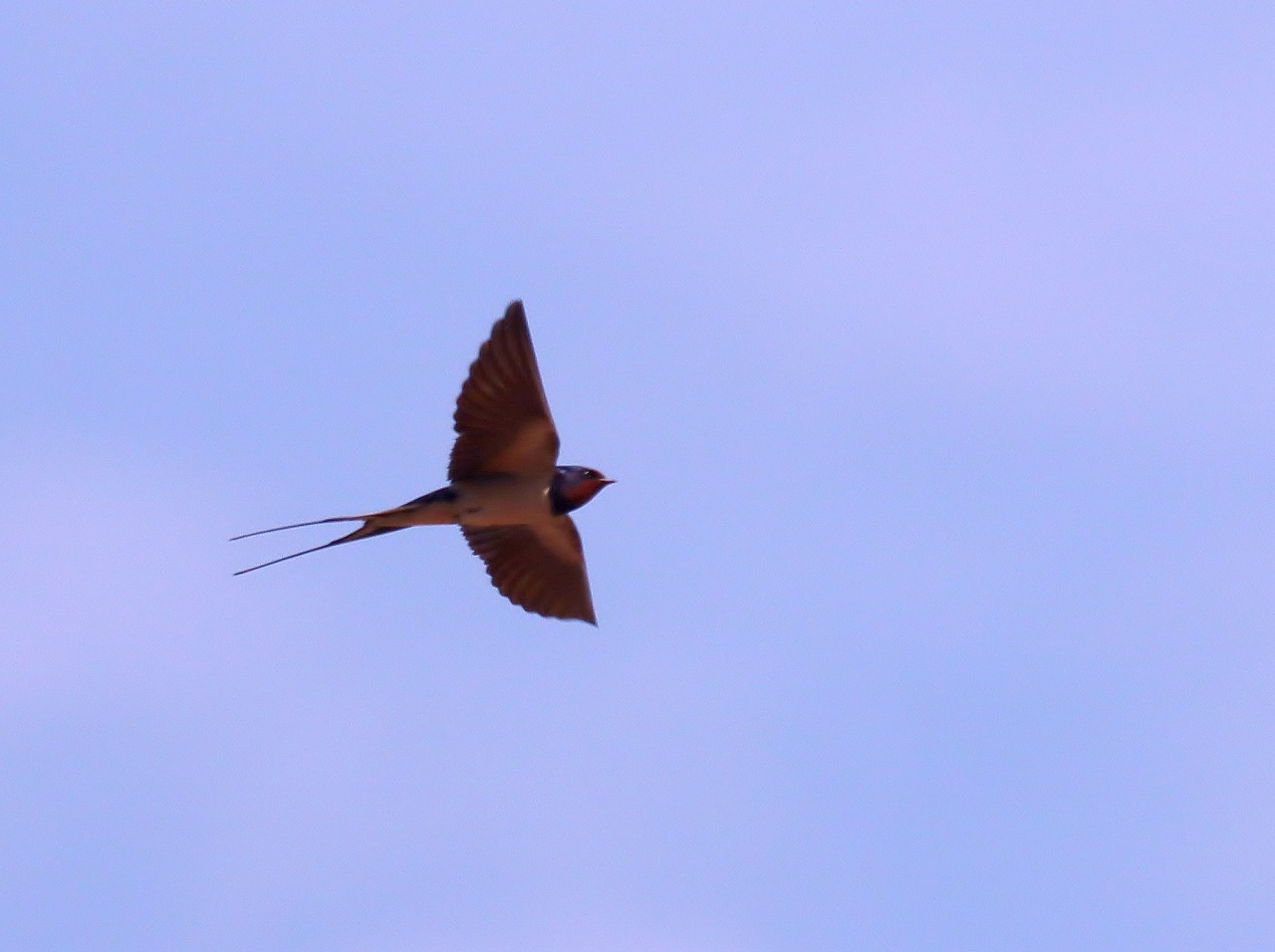
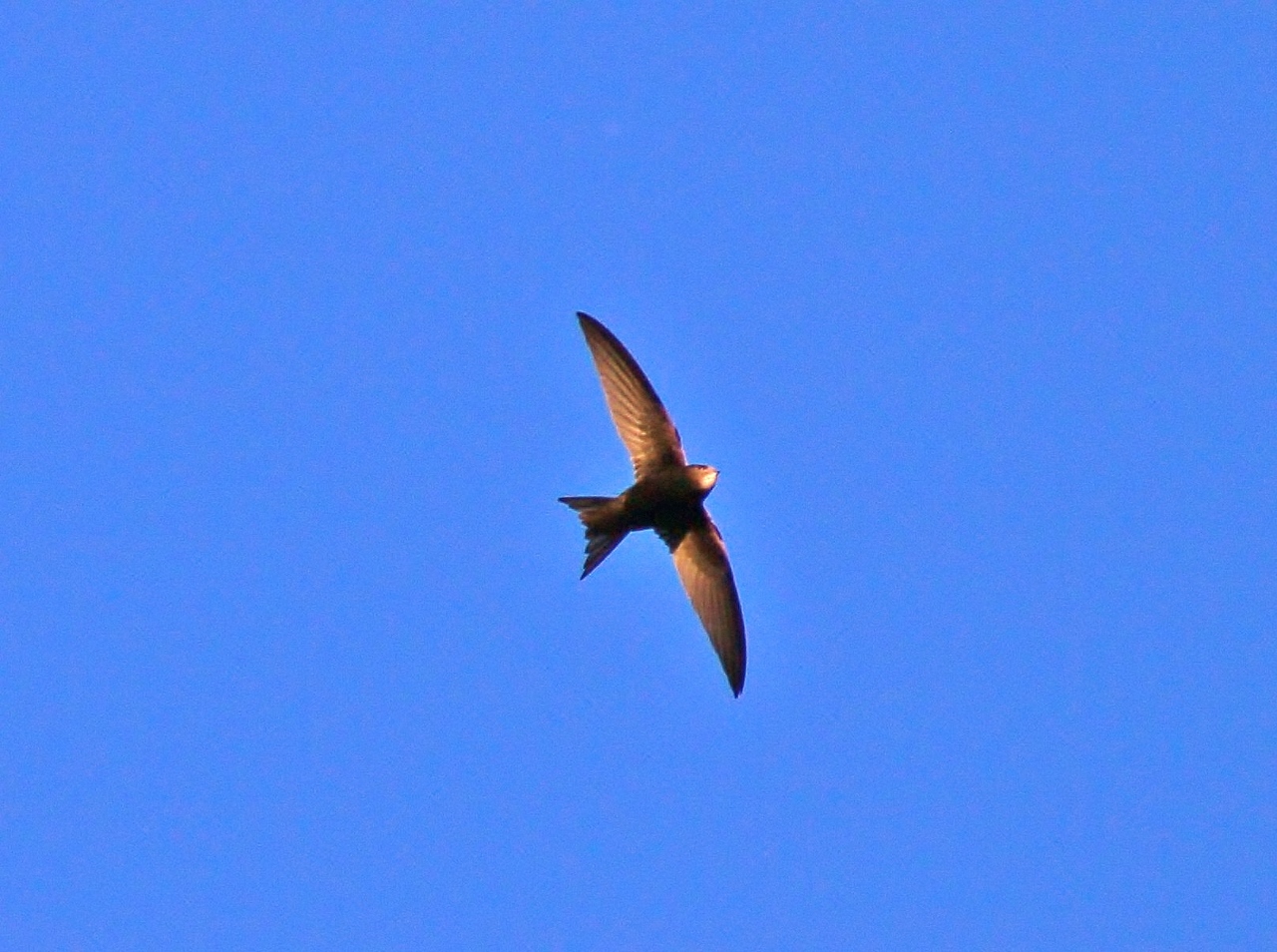
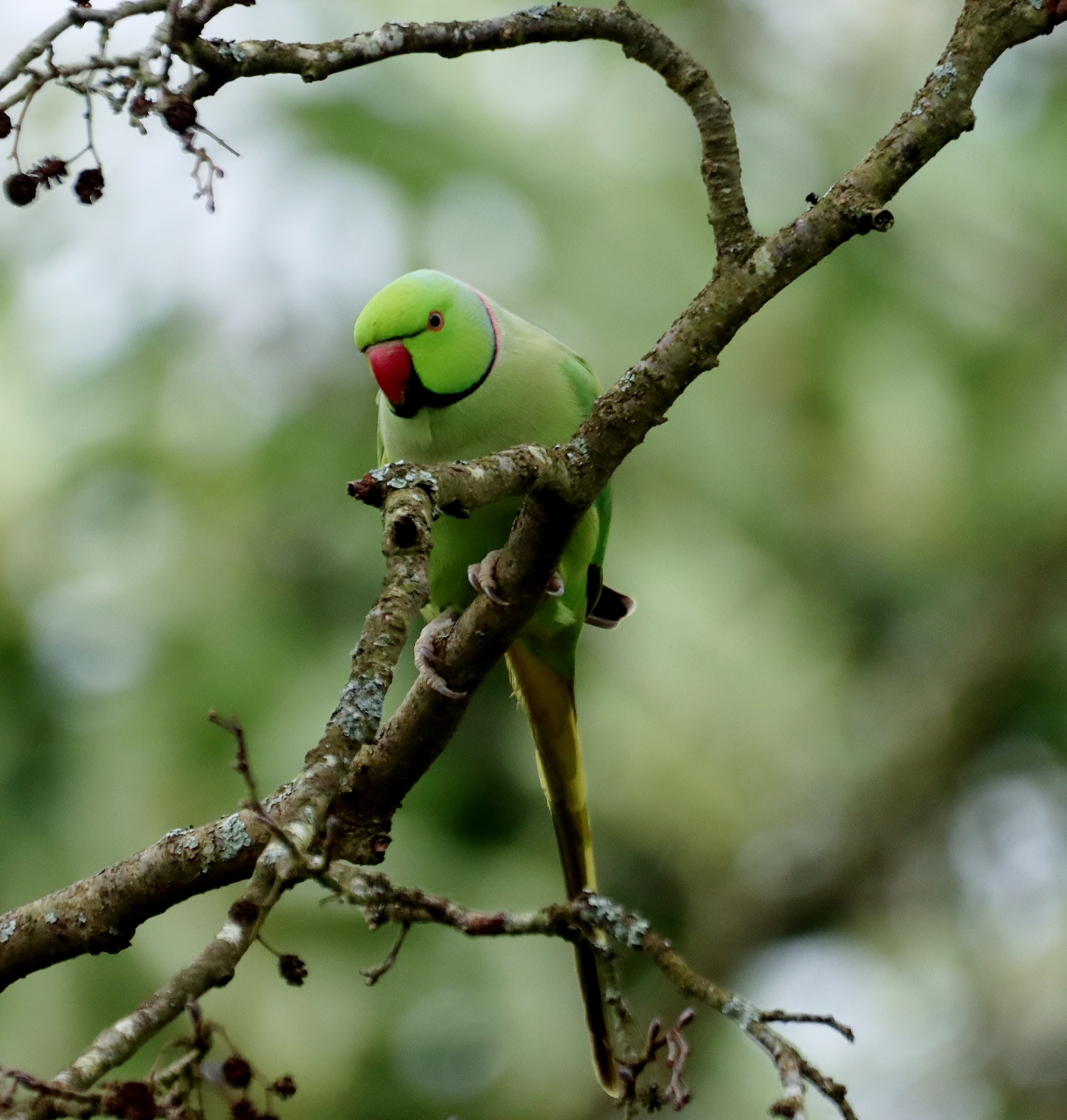
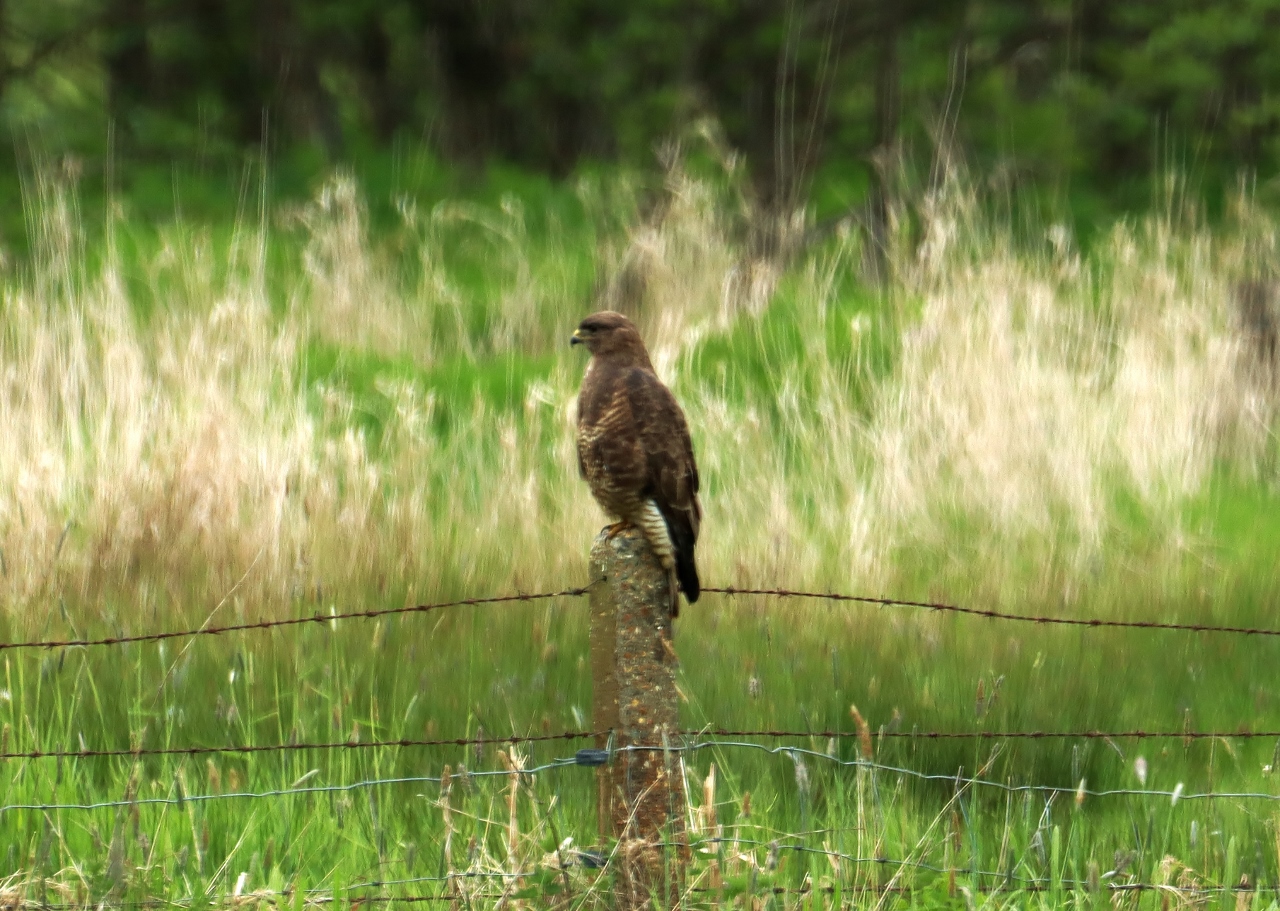
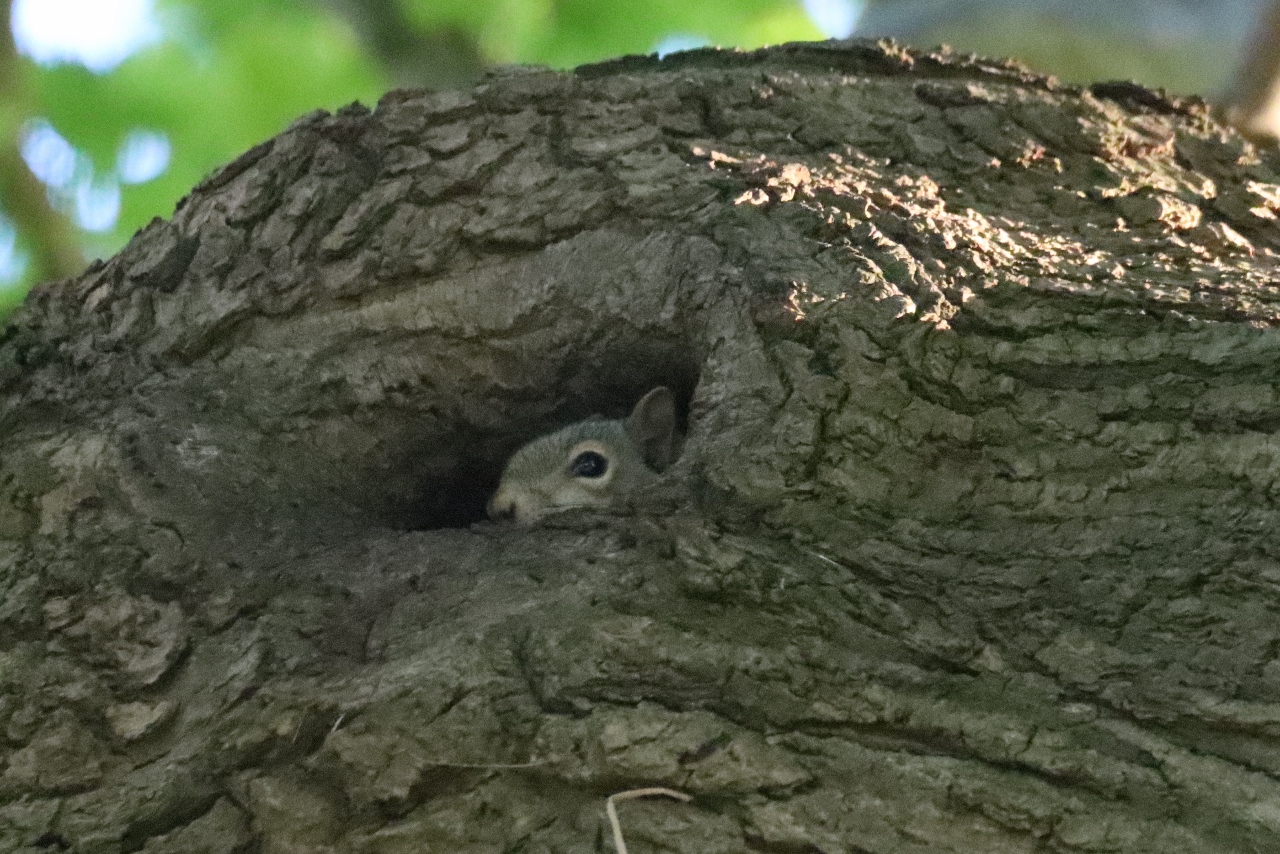
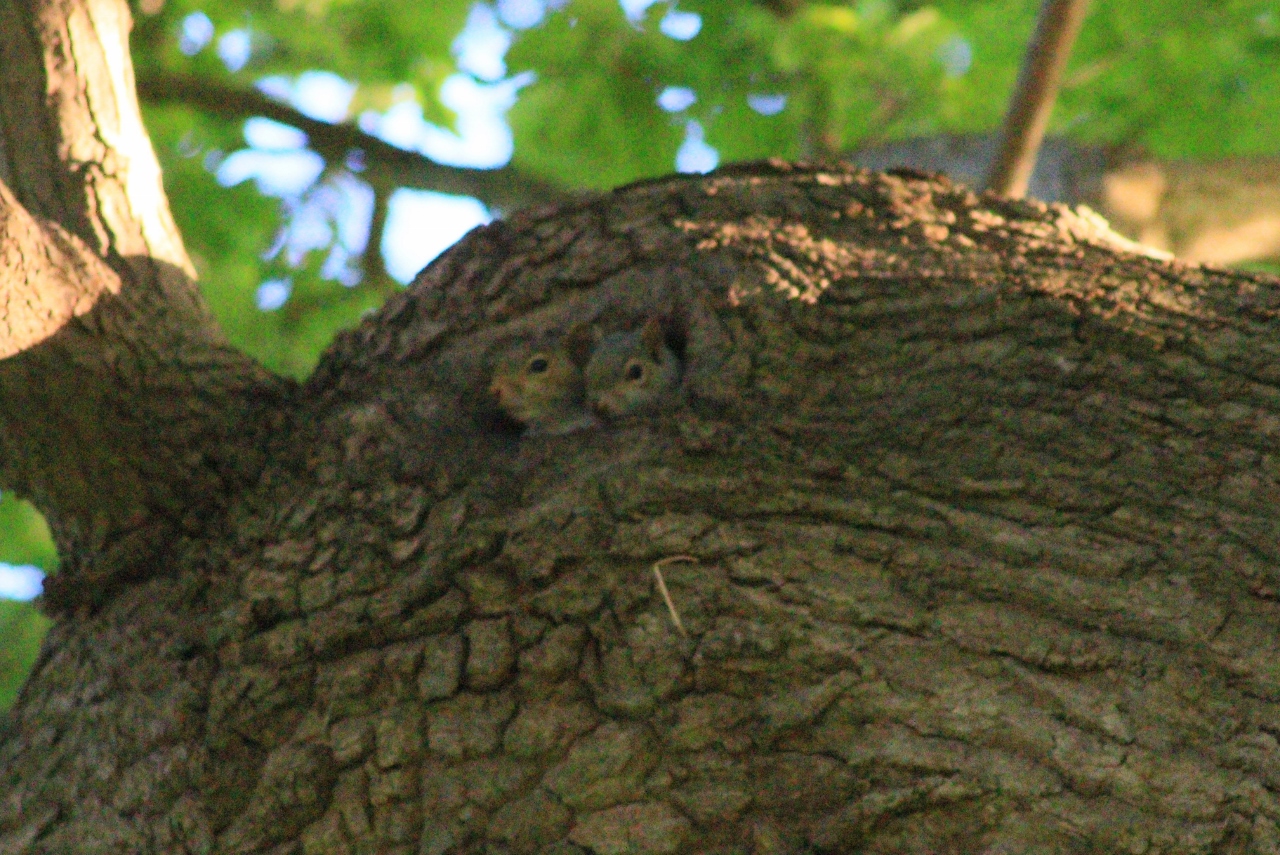
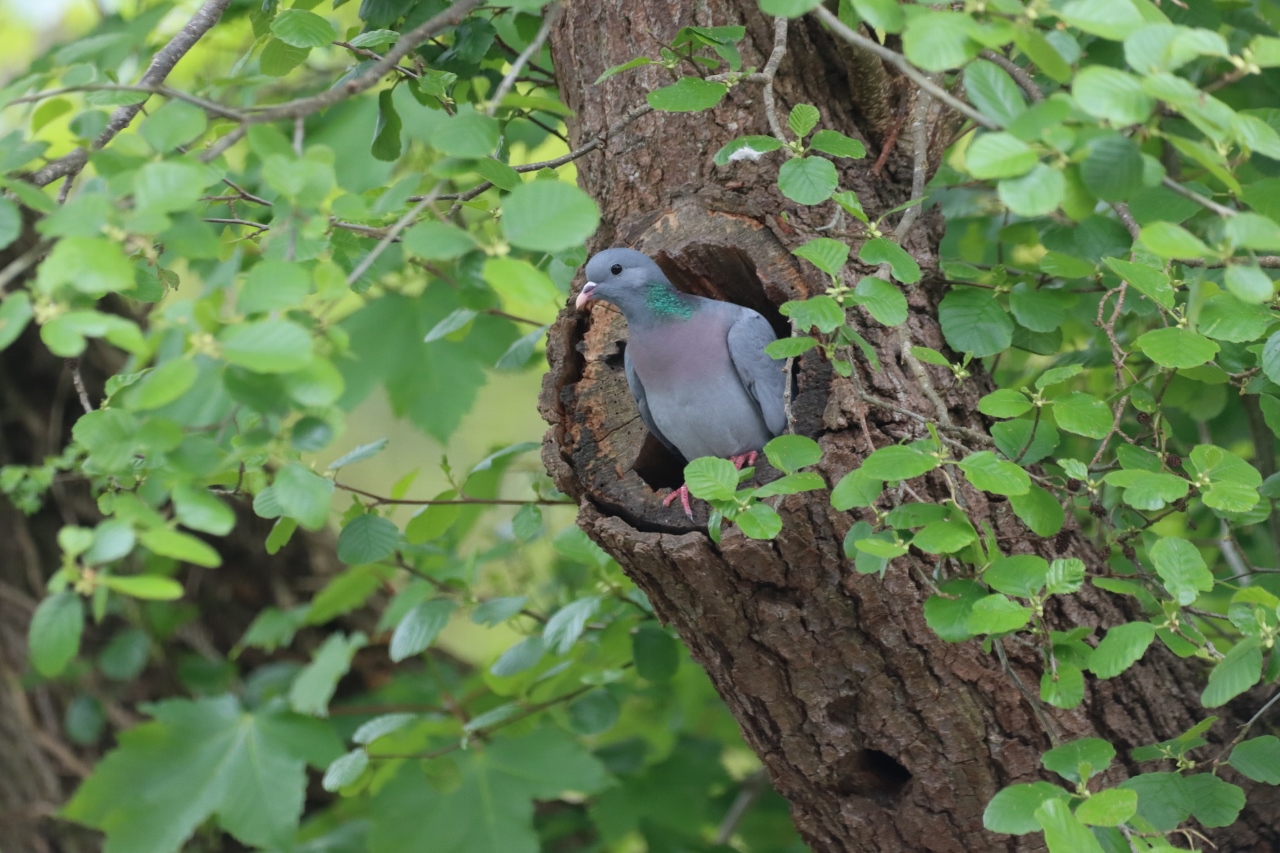
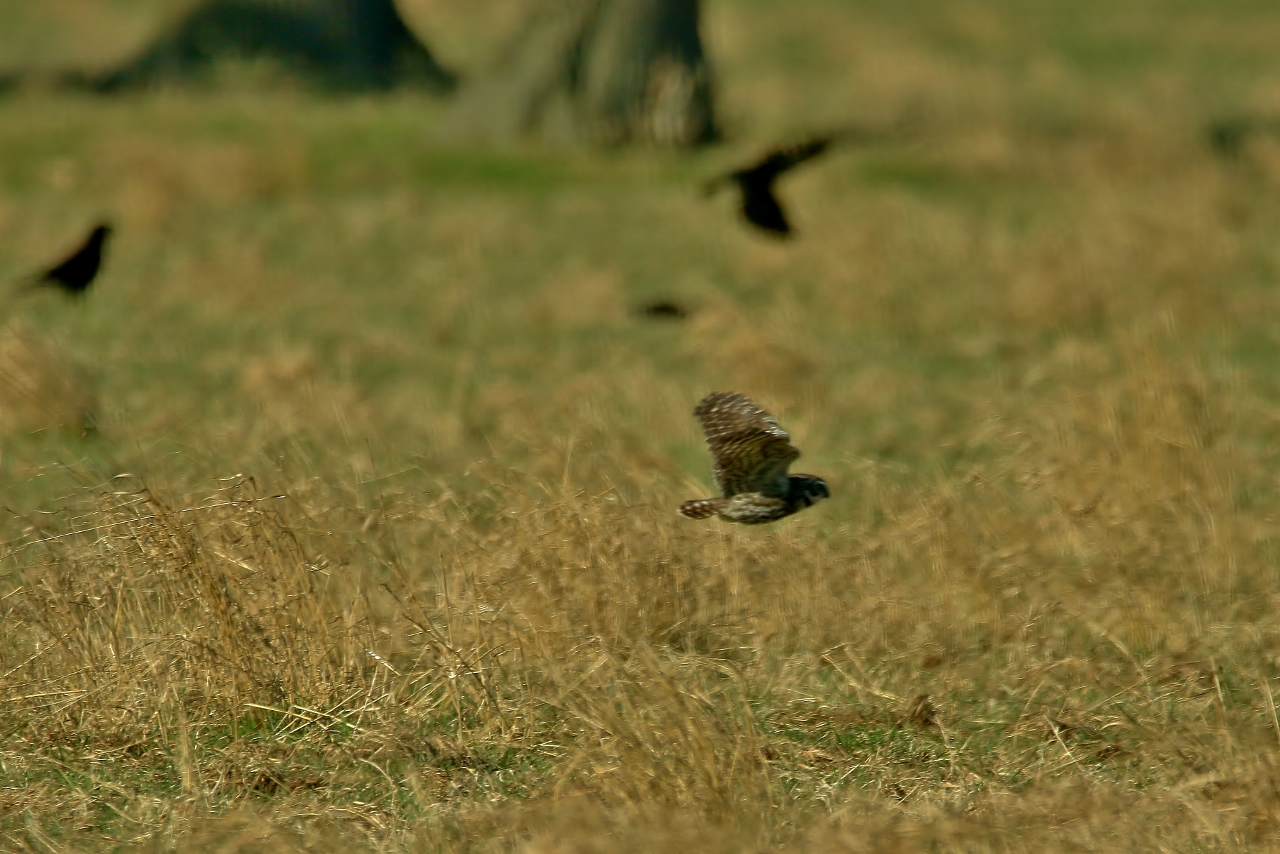
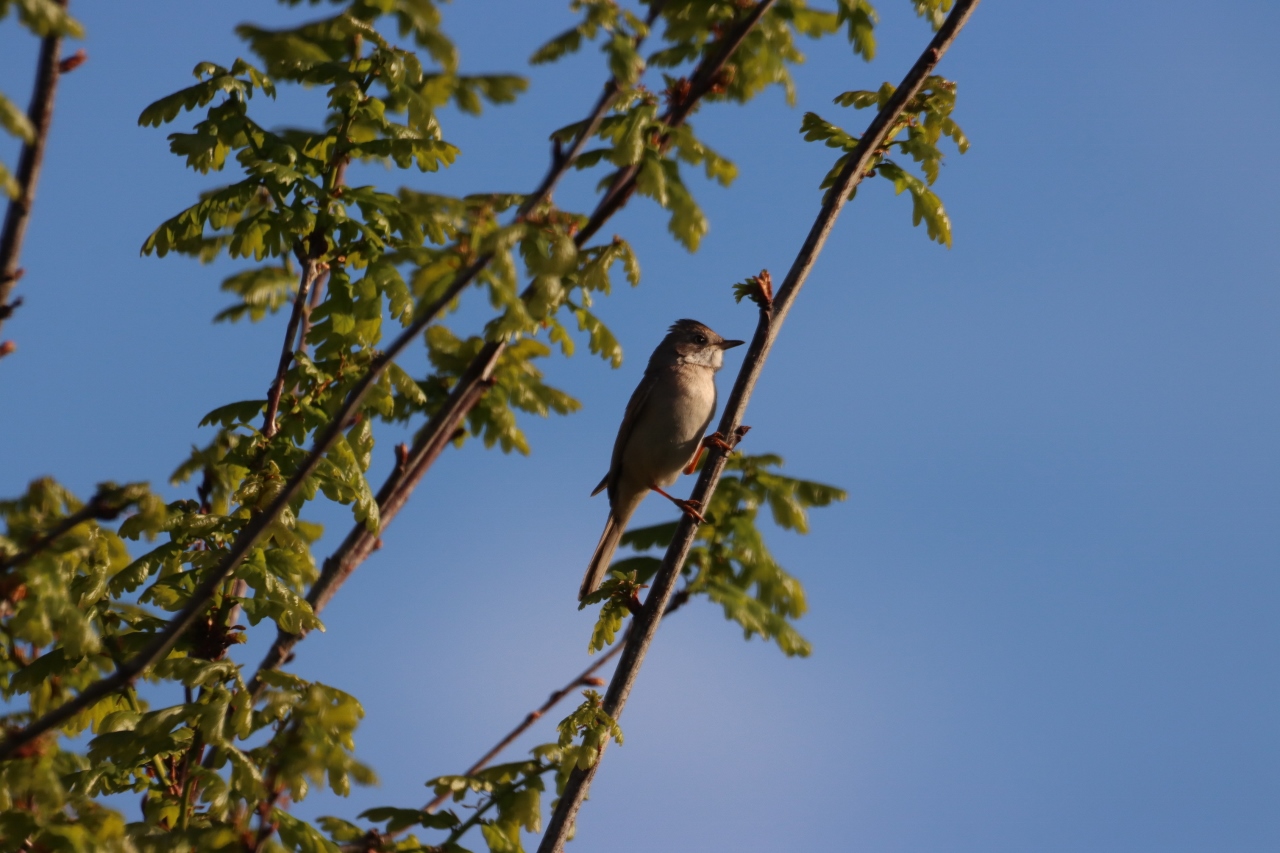
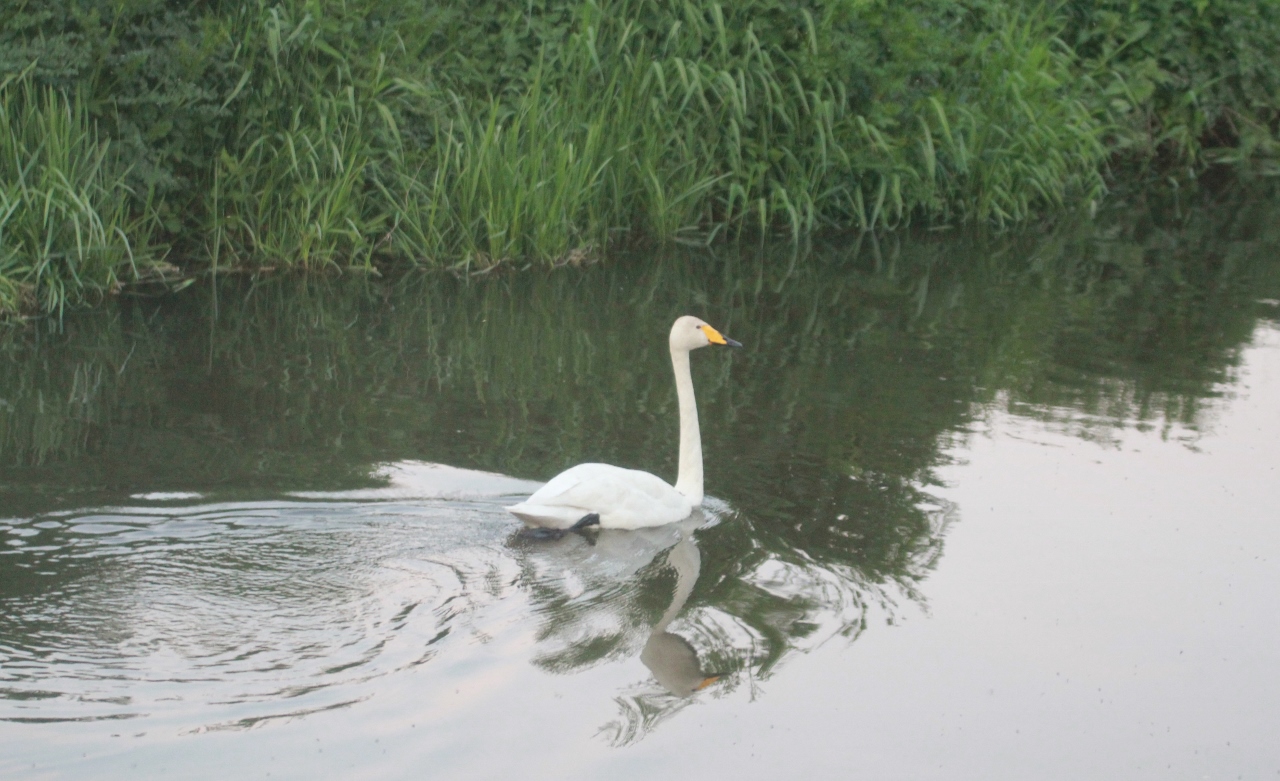
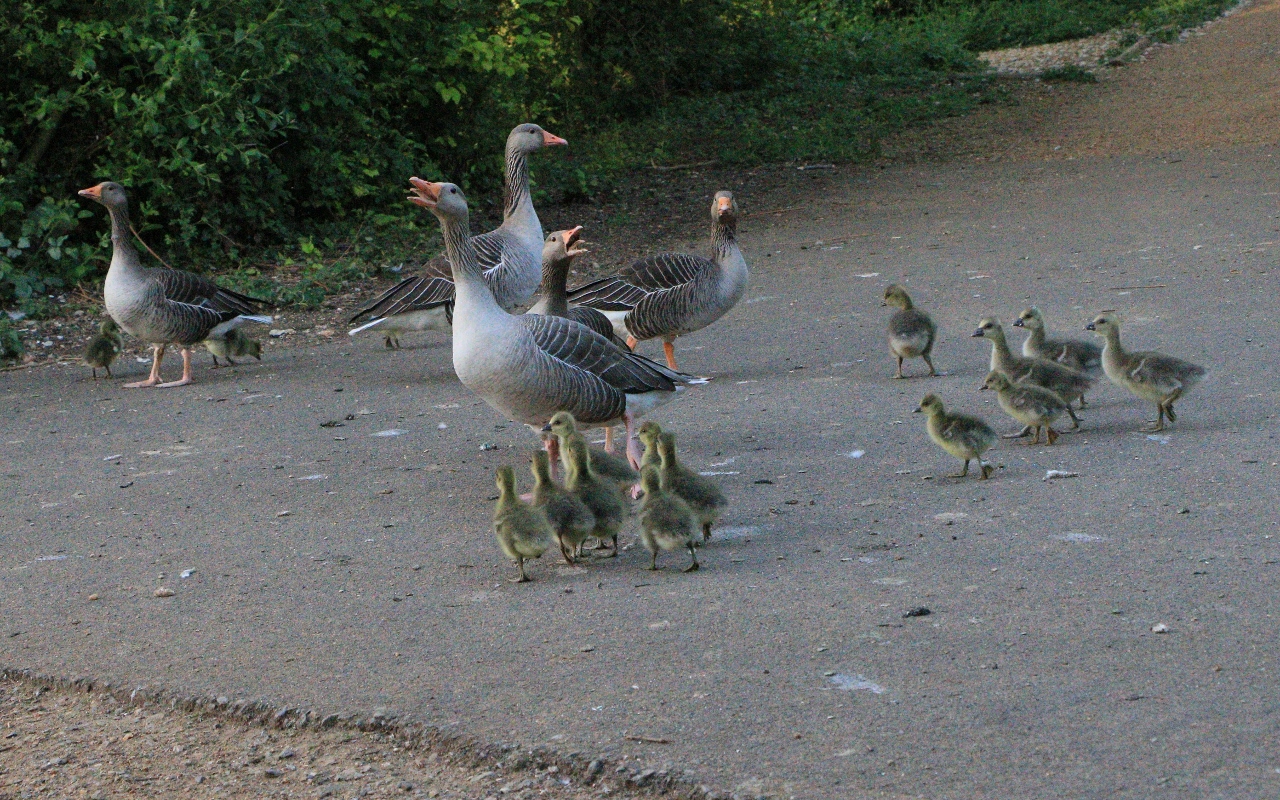
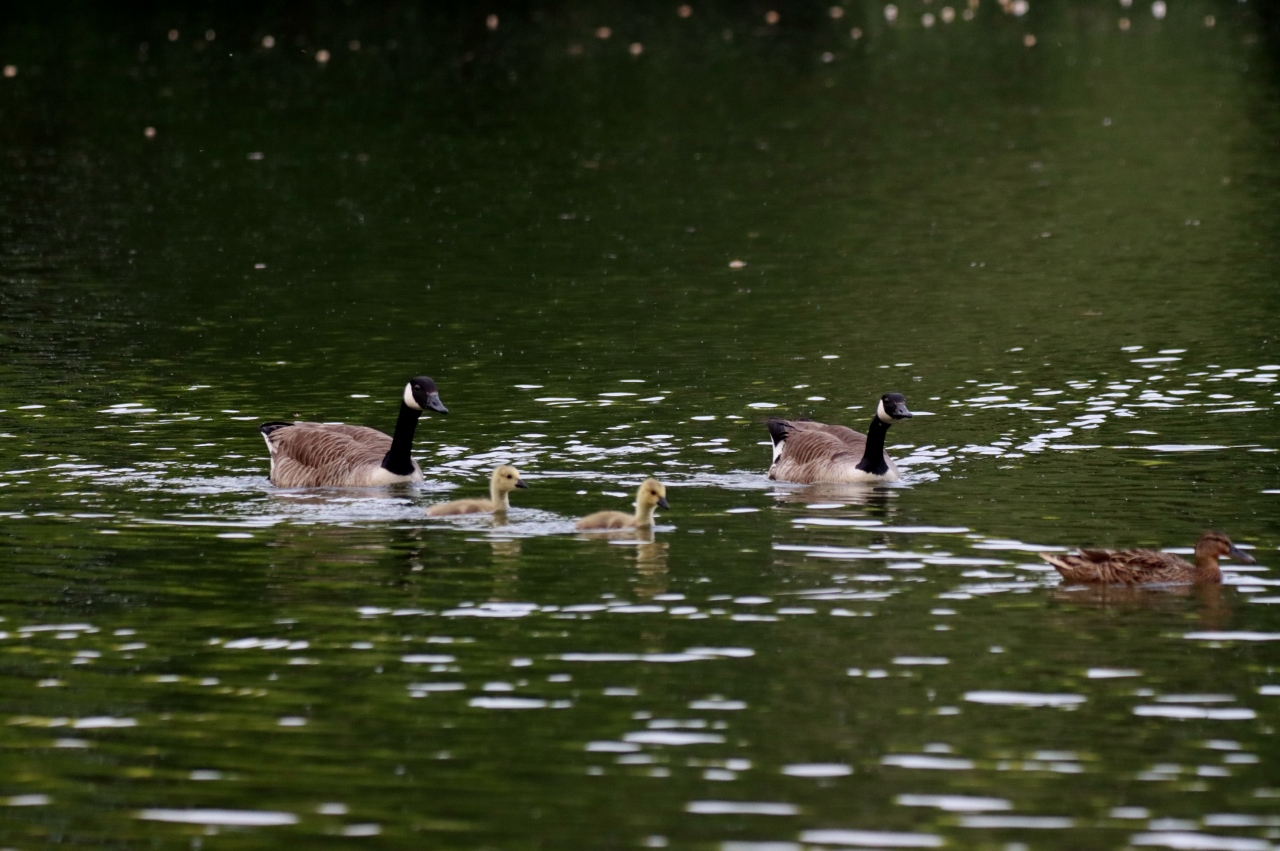
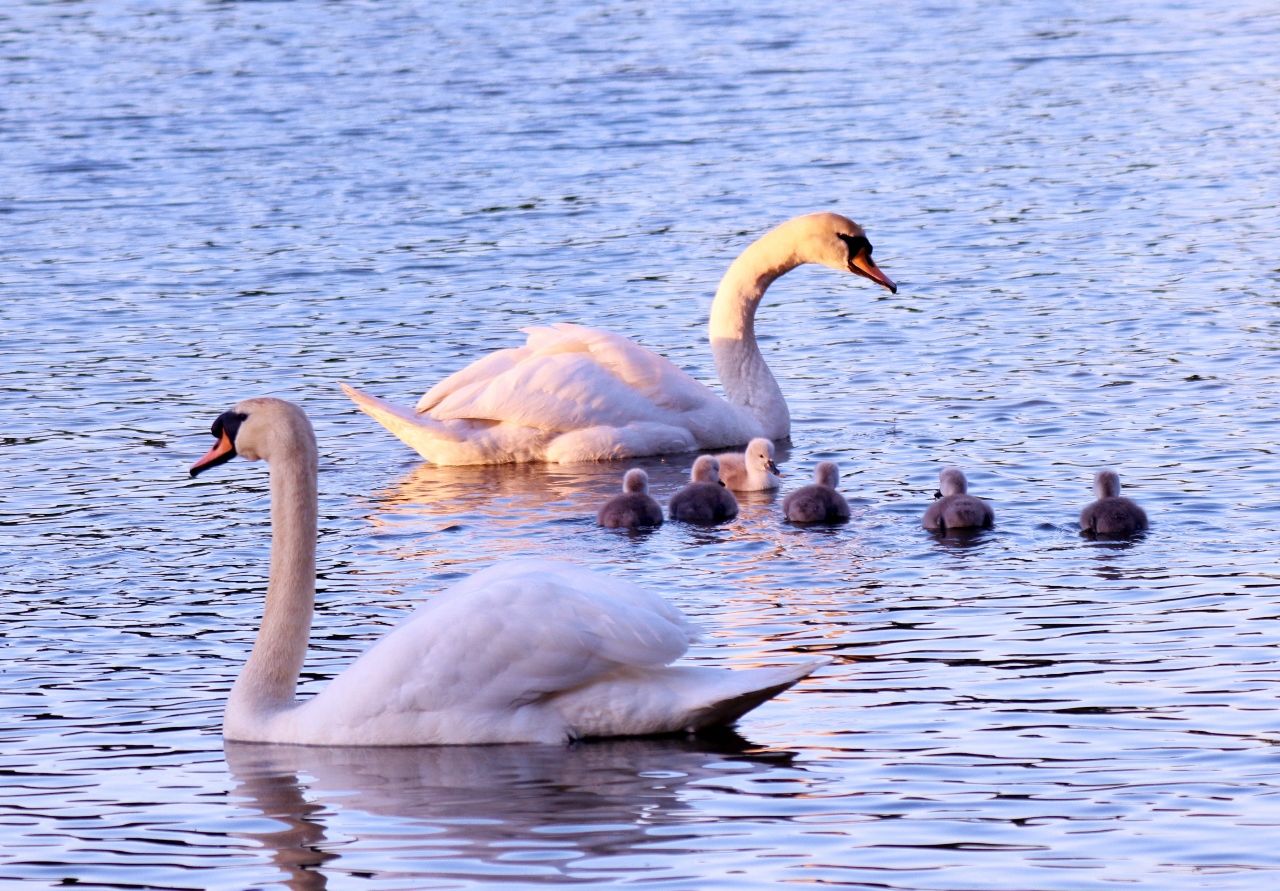
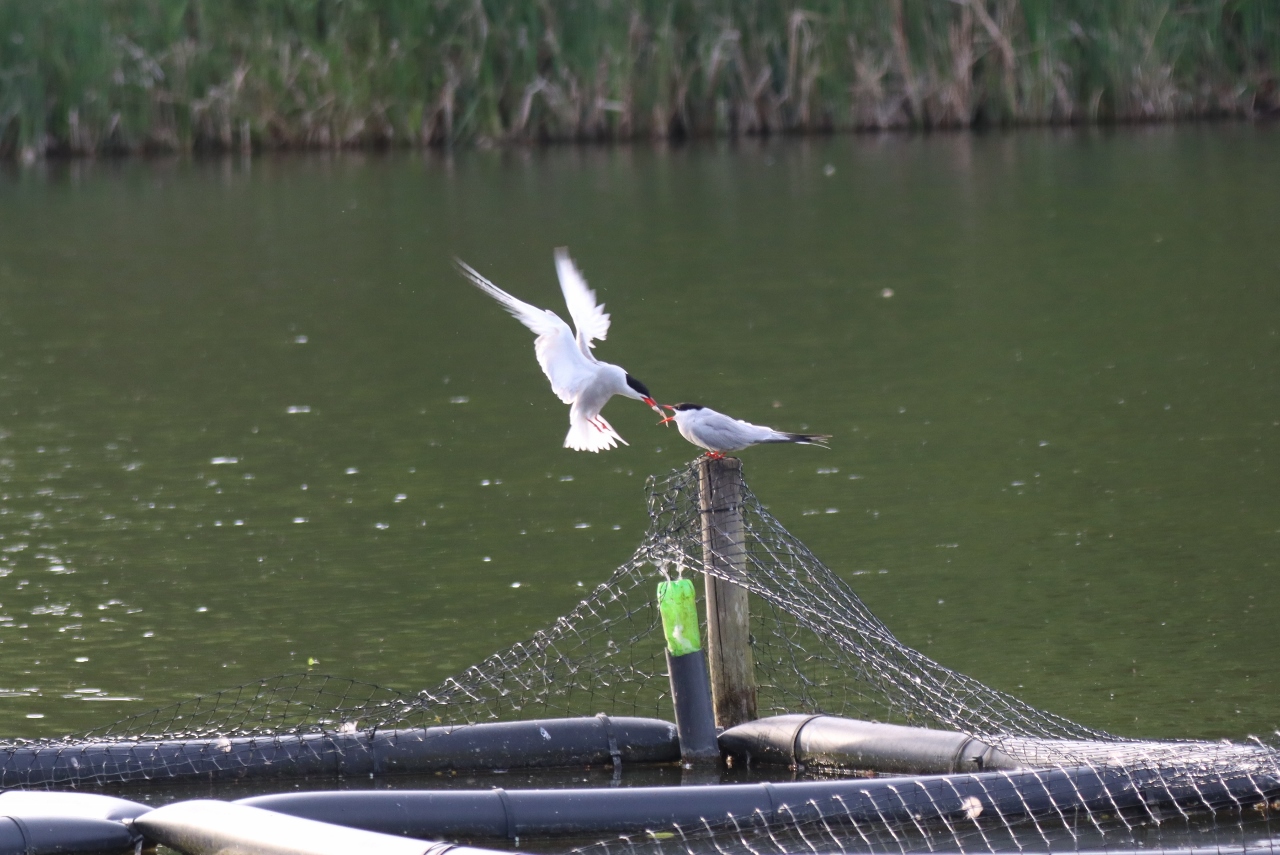
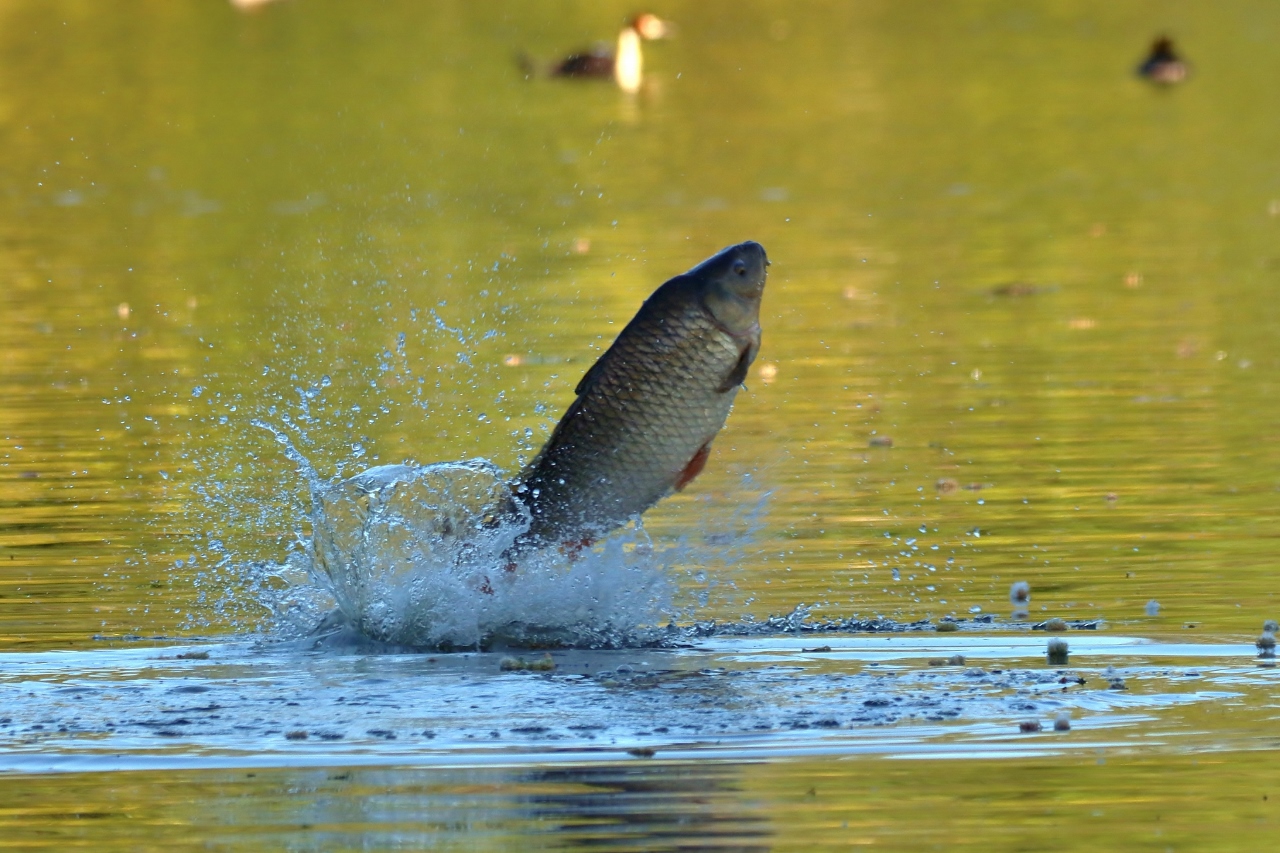
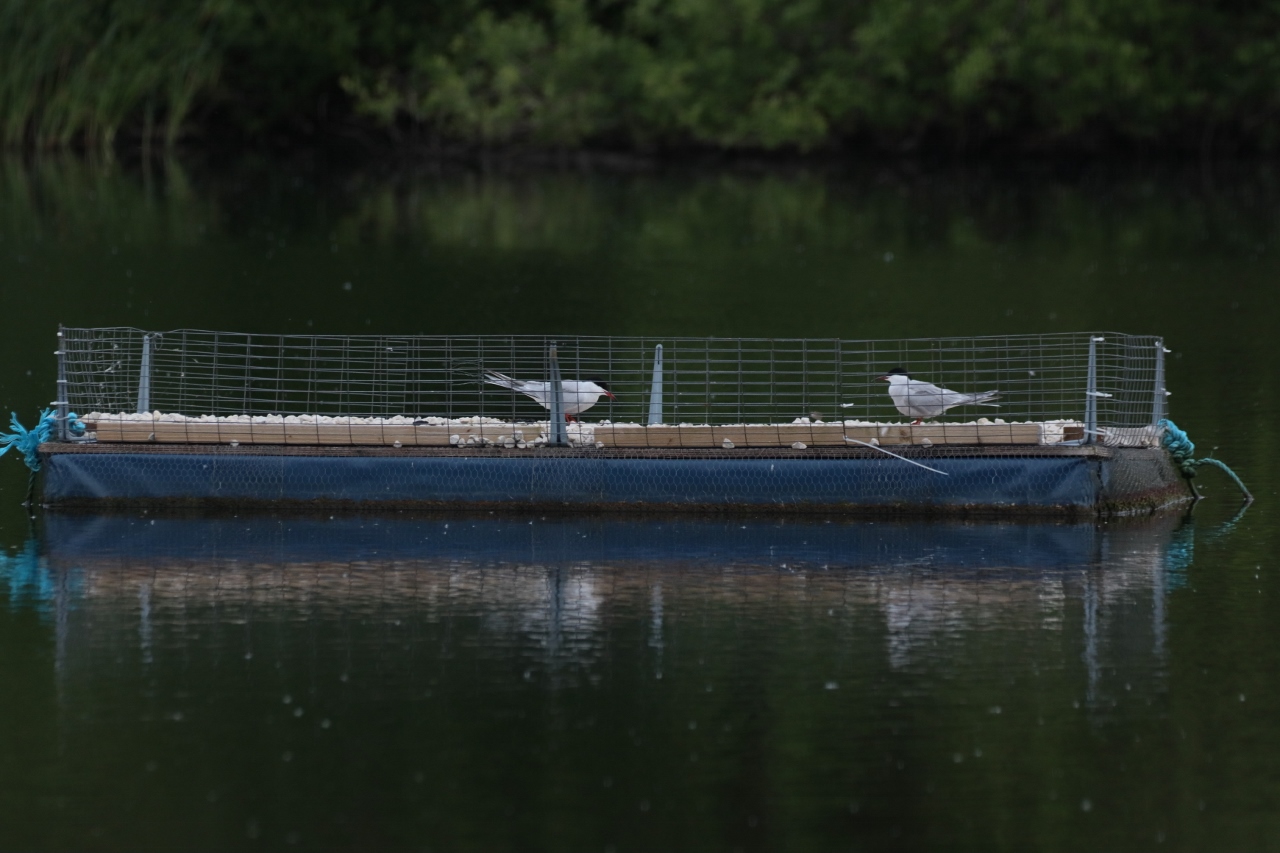
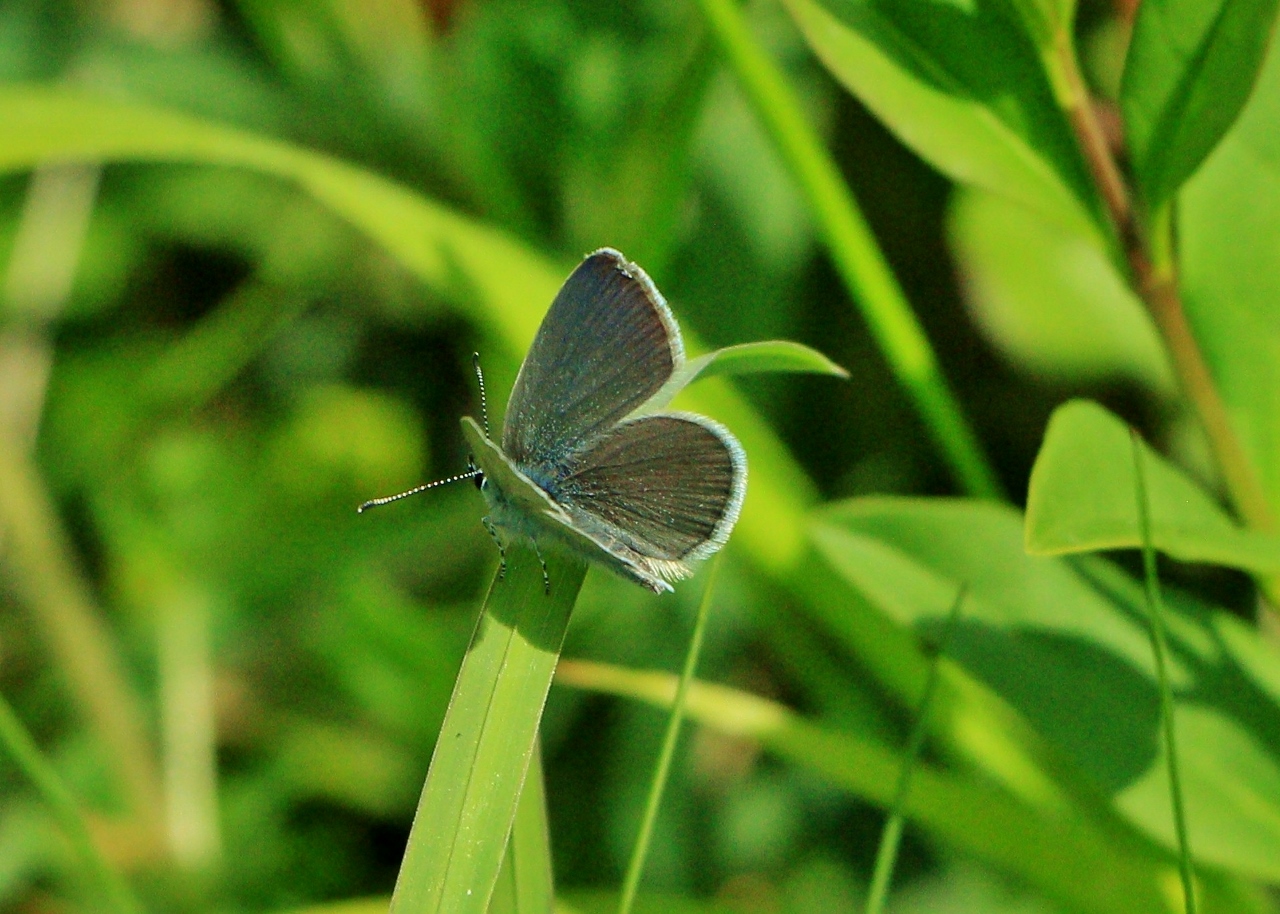
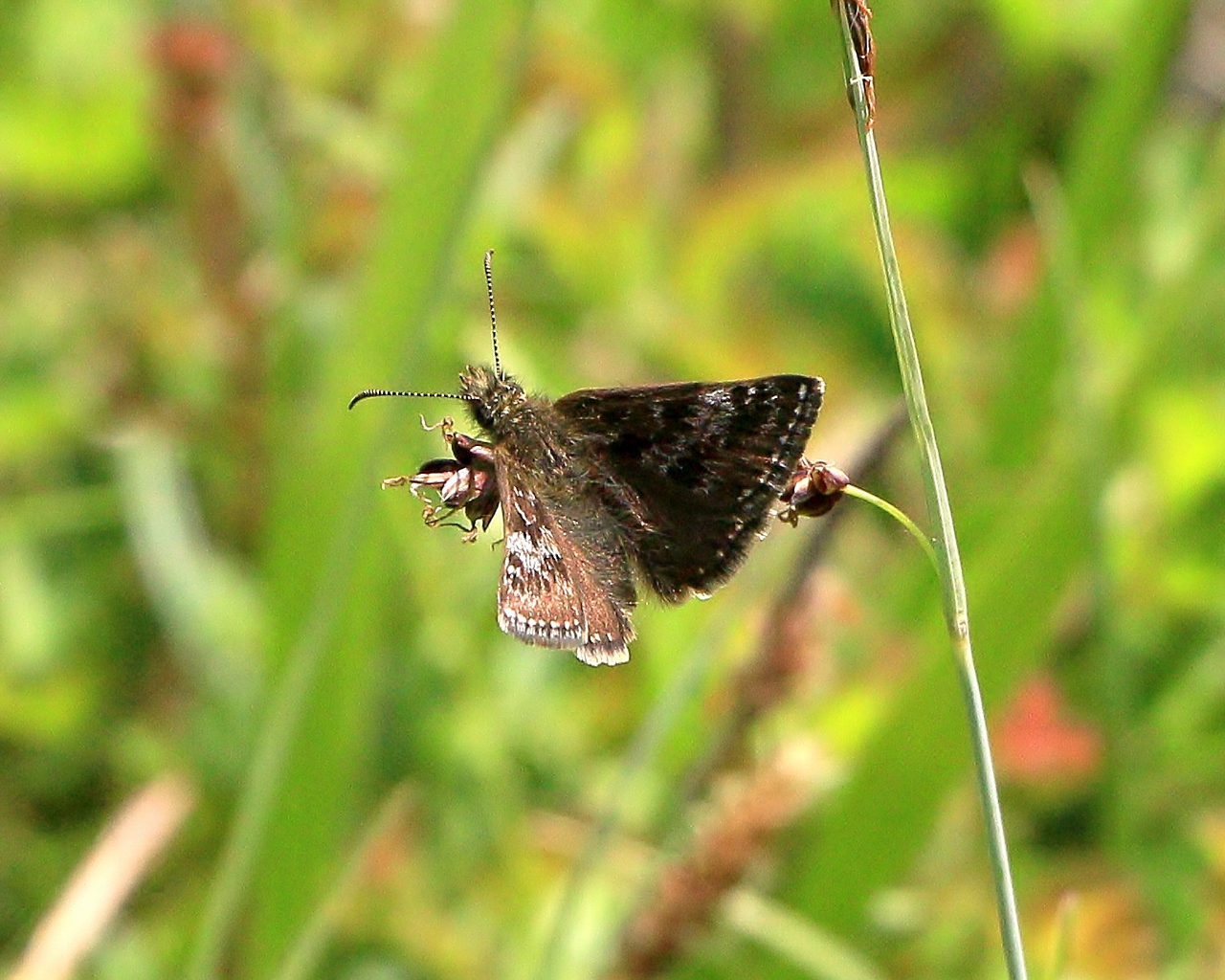
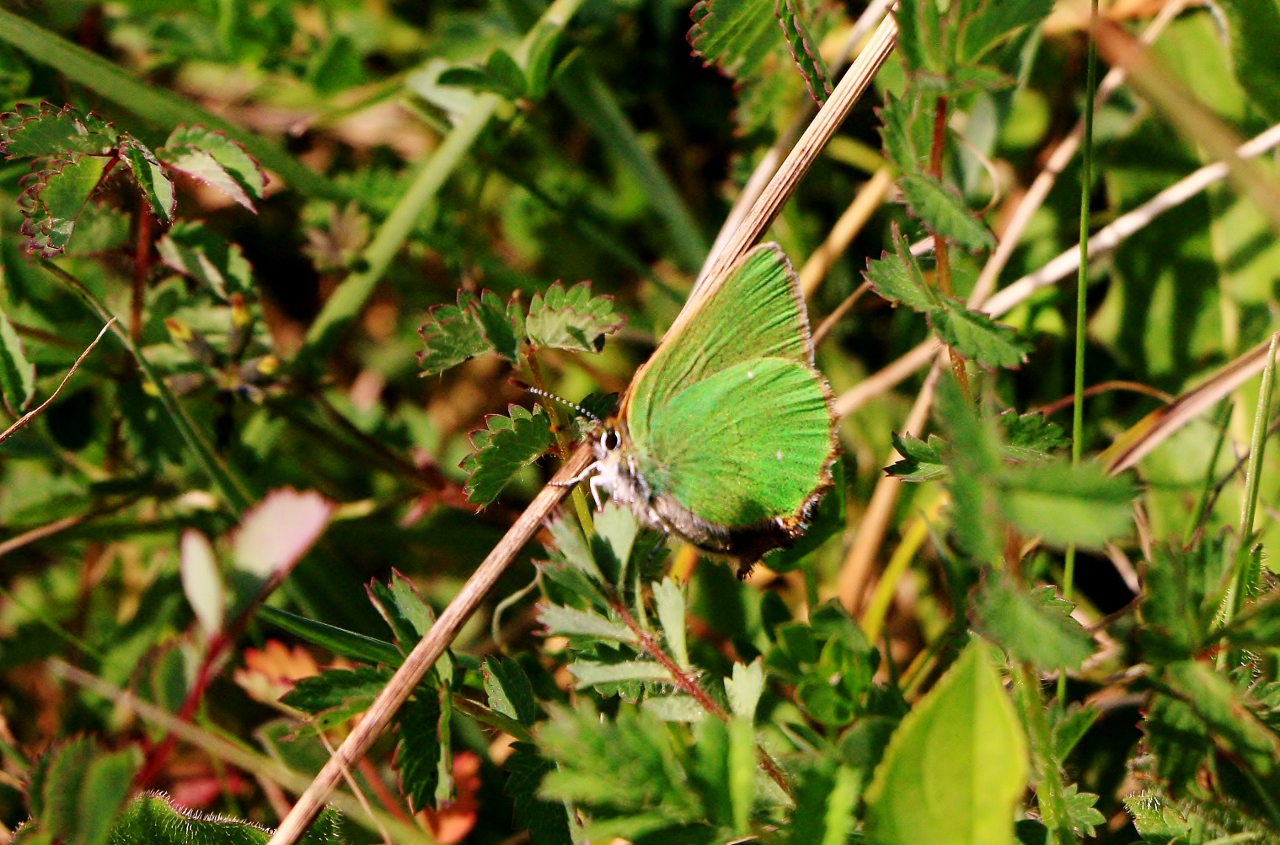
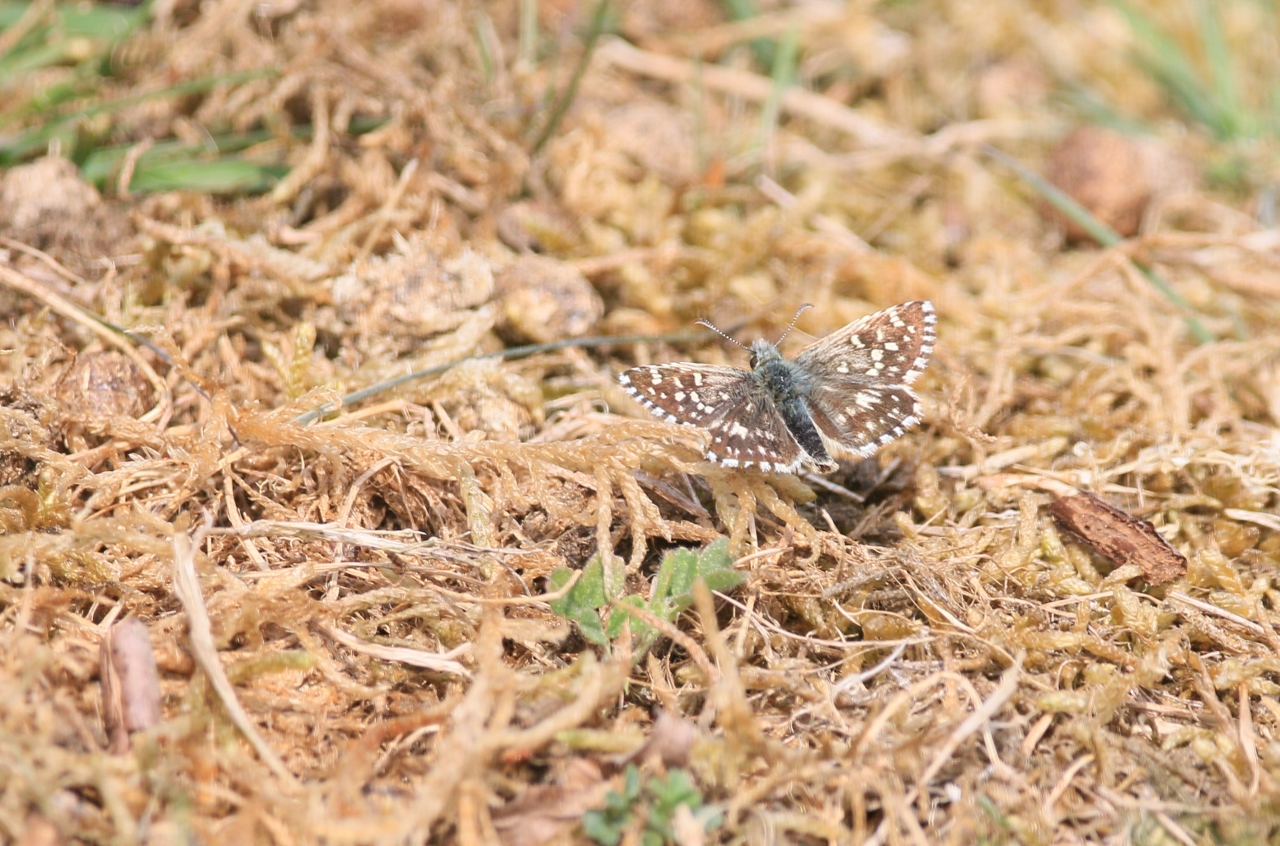
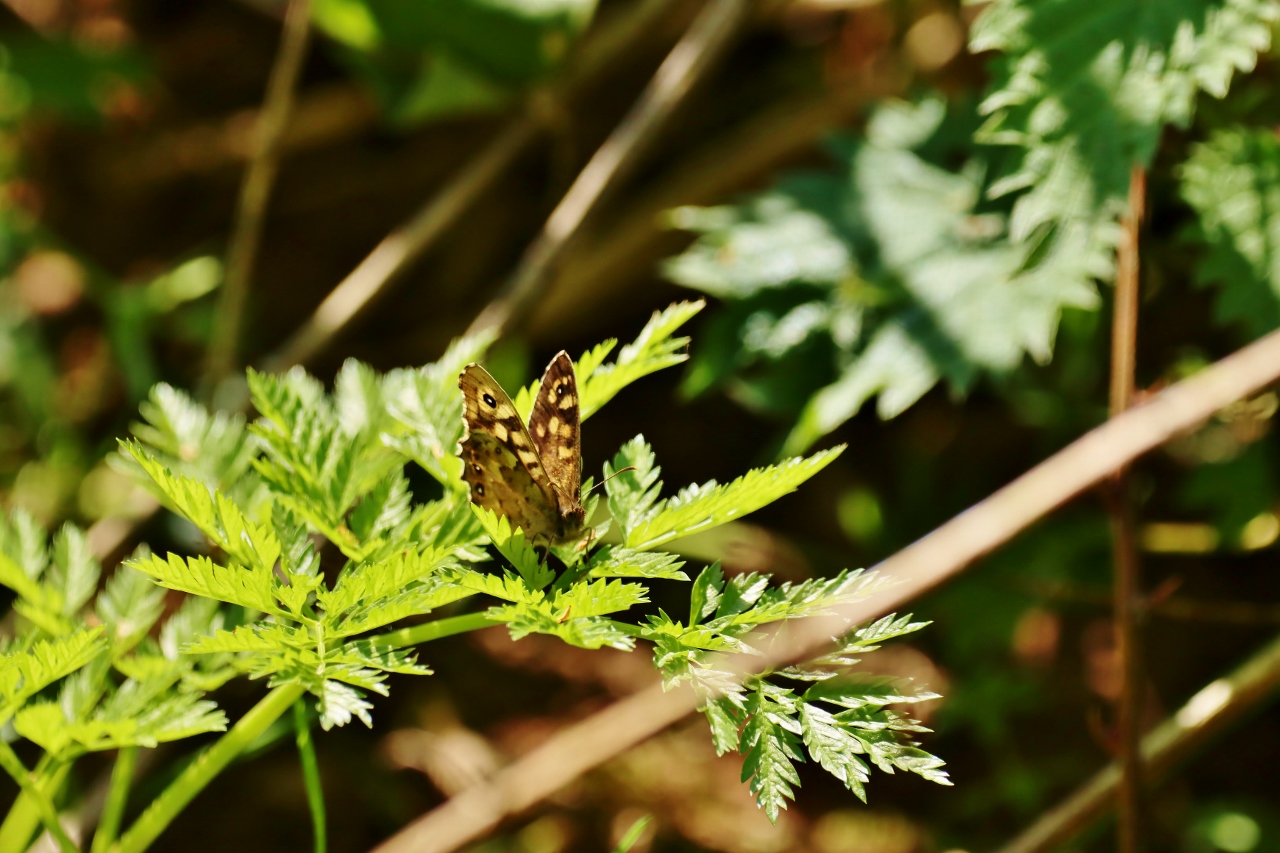
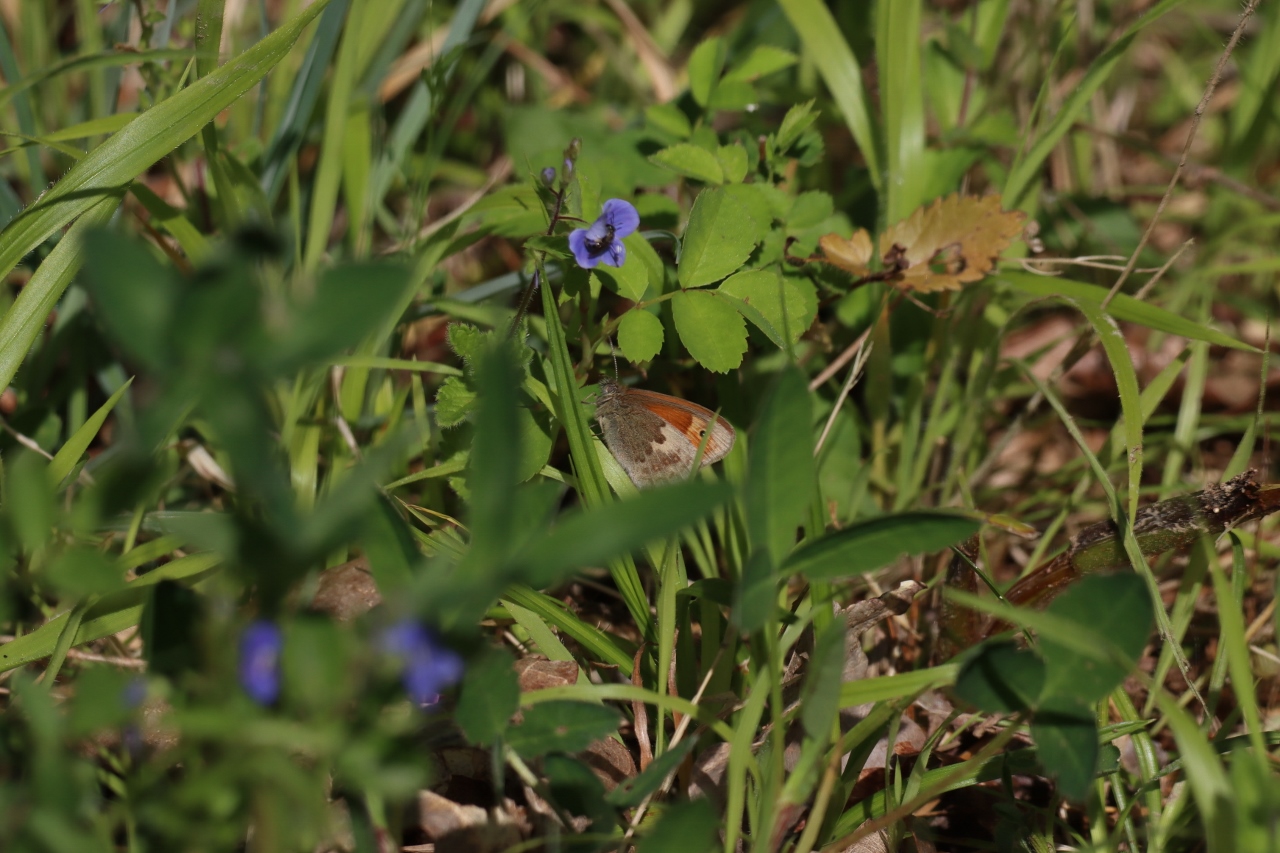
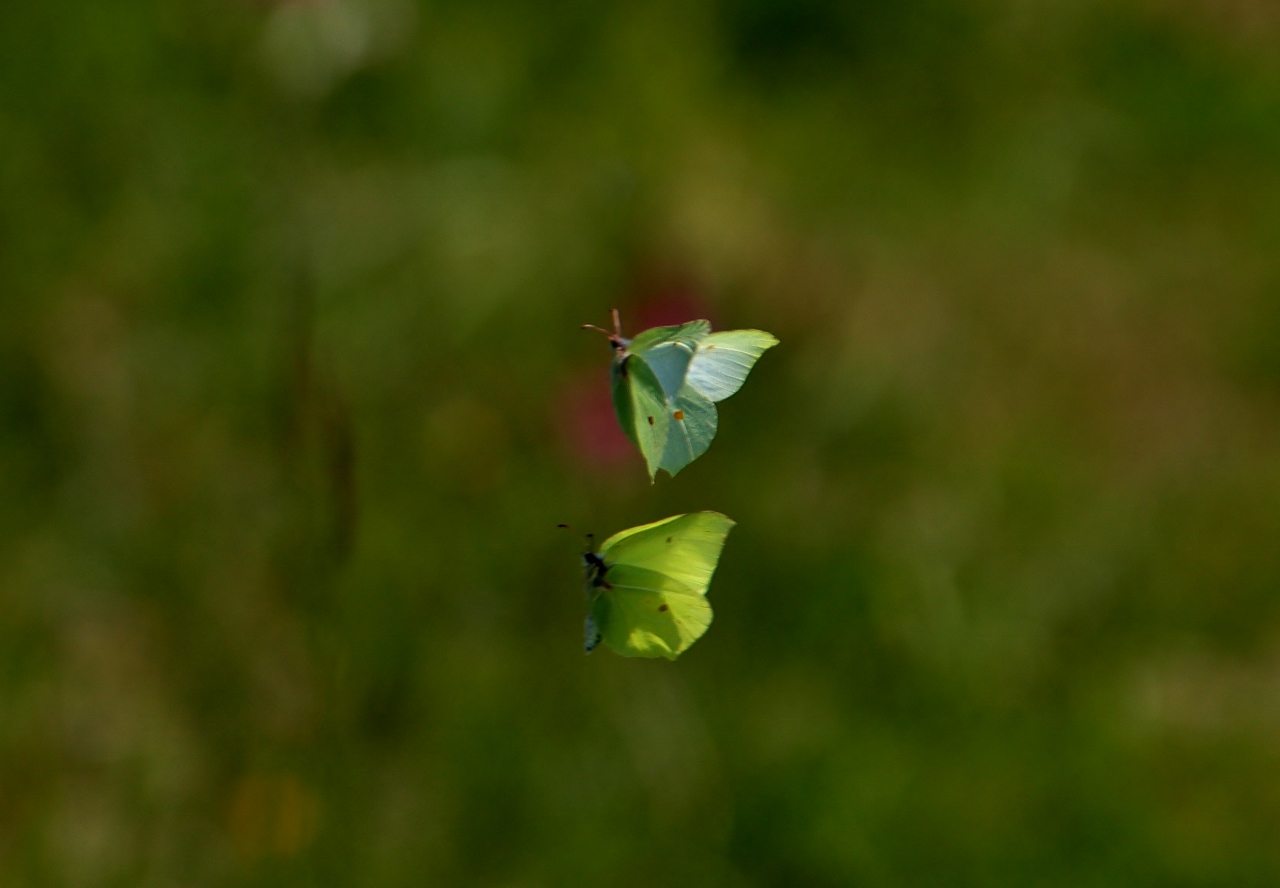
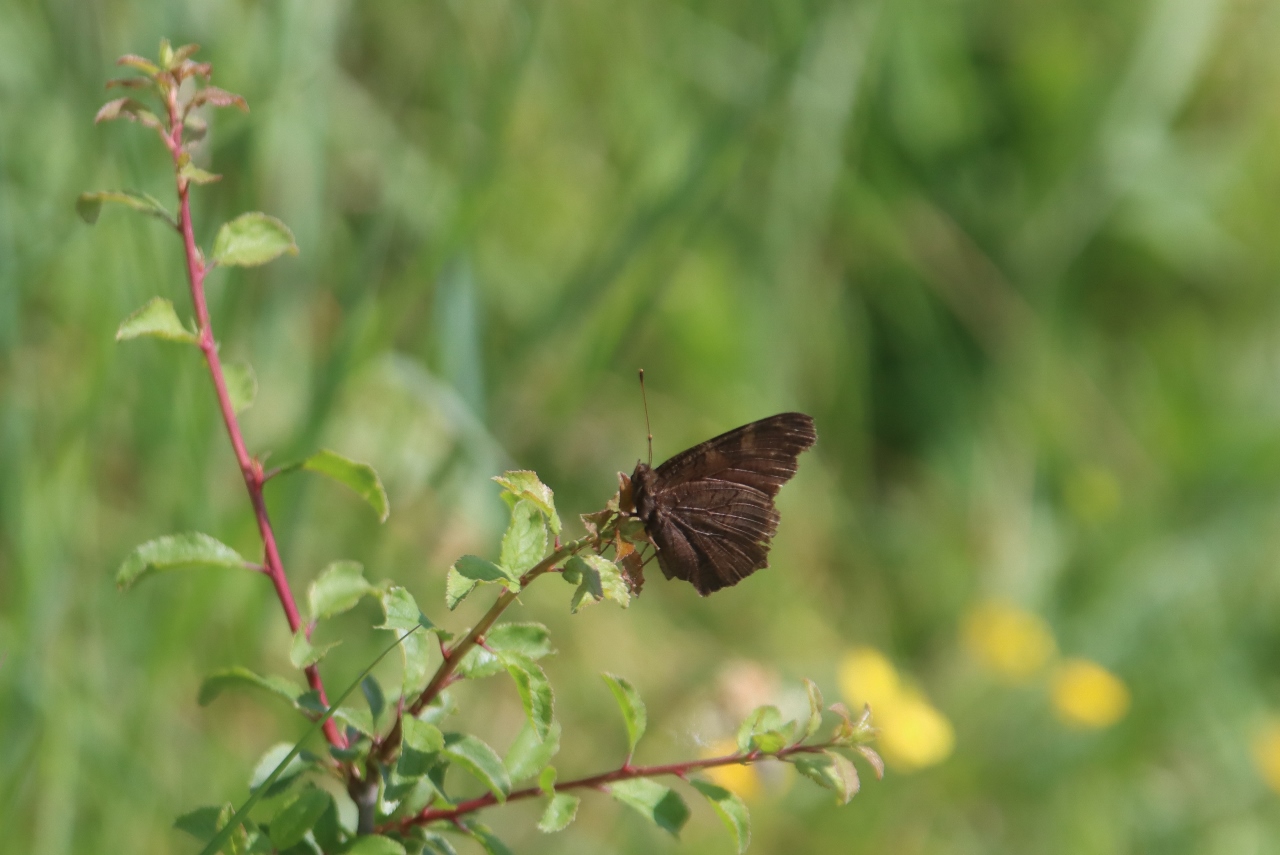
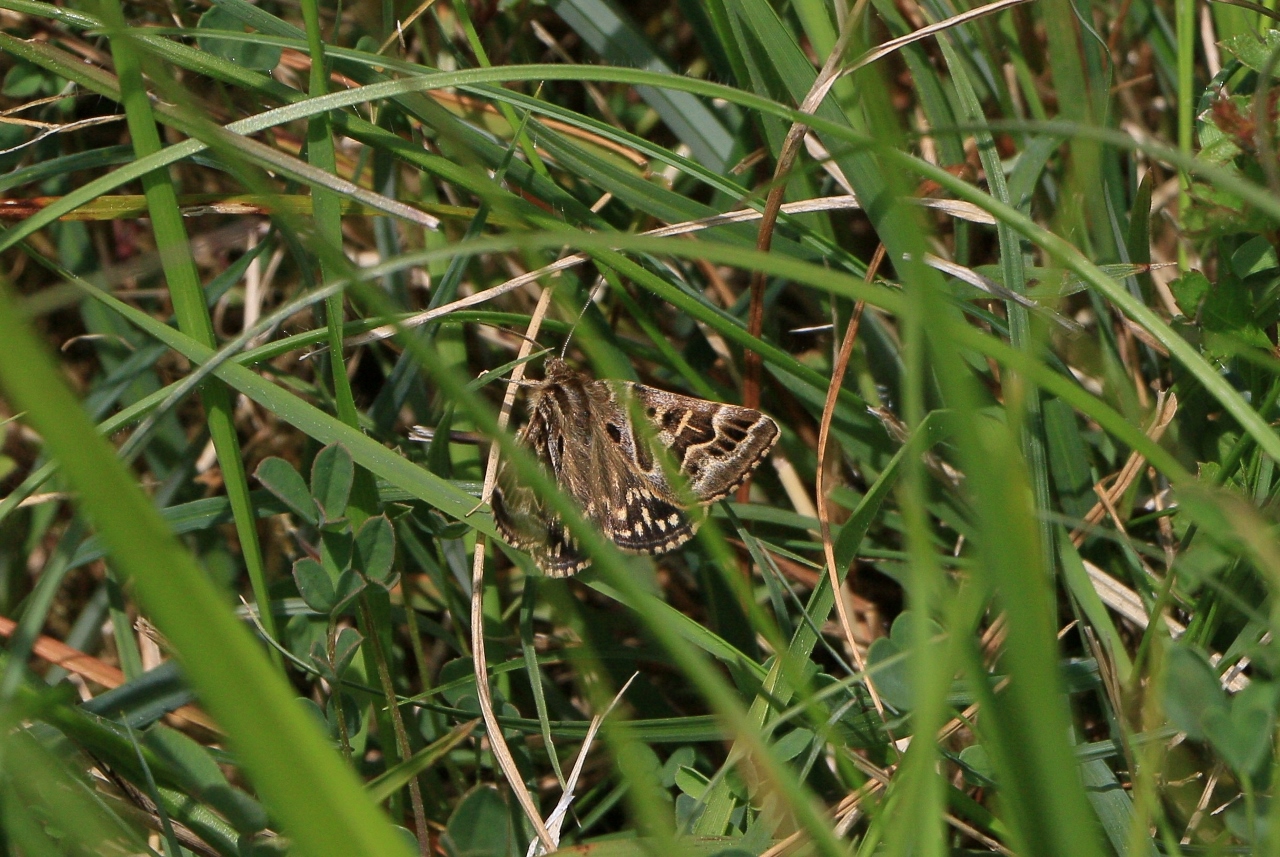
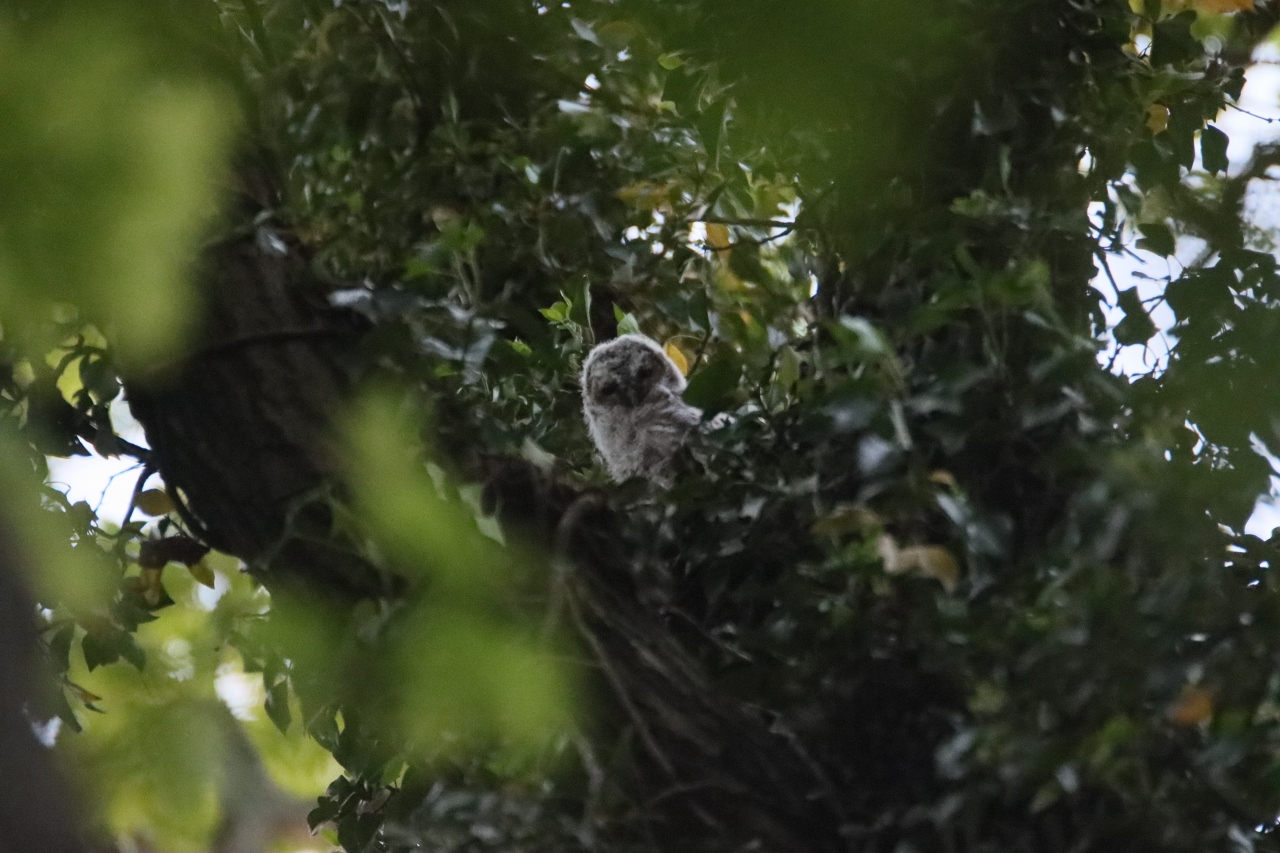
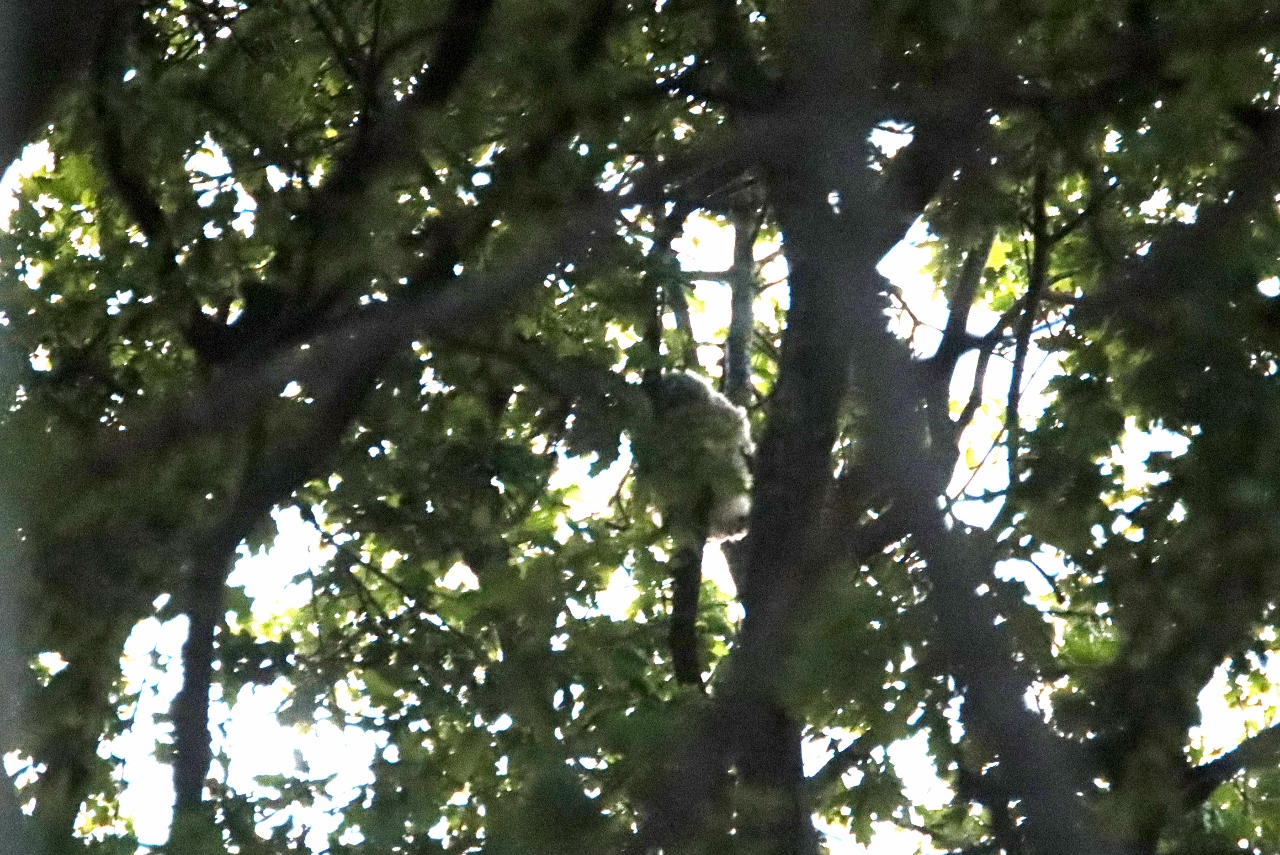






S Martin
May 24, 2020 at 1:12 pm
Thank you very much for sharing all of these great pictures and observations. They’re absolutely fab.
I am a keen wildlife observer in the Woking area, been an ornithologist all of my life and used to a warden for the National Trust.
I didn’t know that Whitmoor Common had so much going on. My brother in law has also recently seen and found a Dartford warblers nest on Horsell common. They have had a tough time over the years, so this is all very good news.